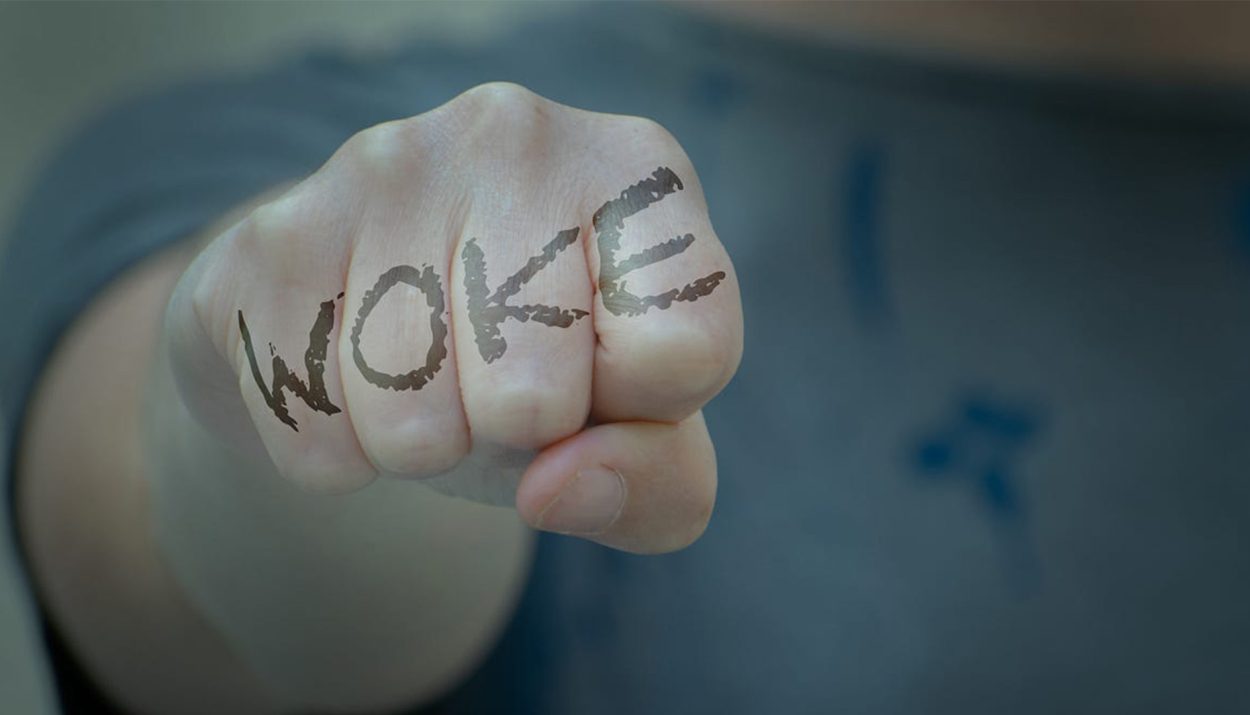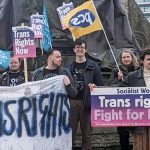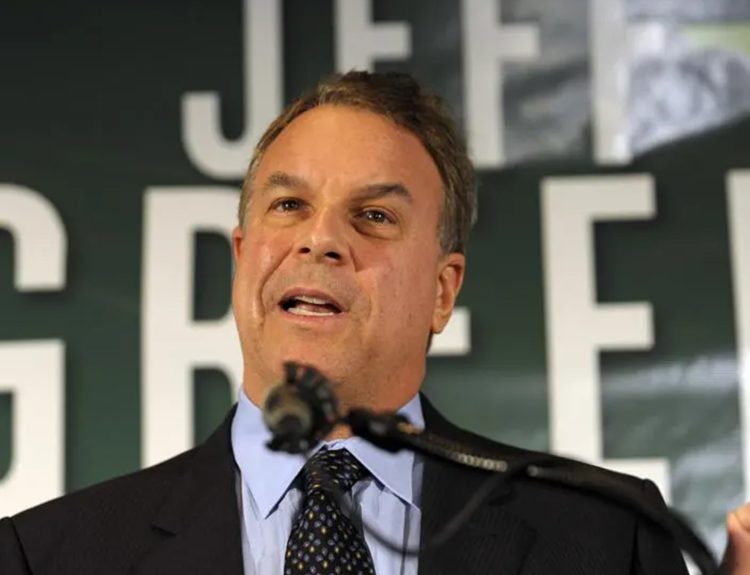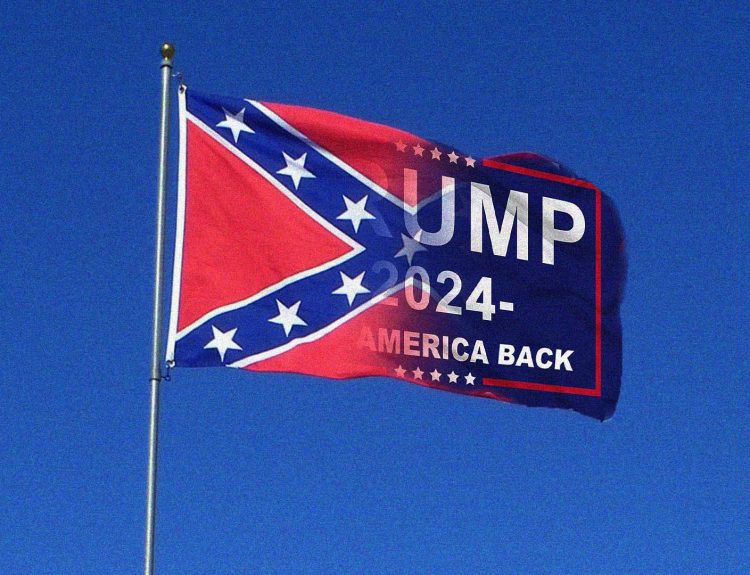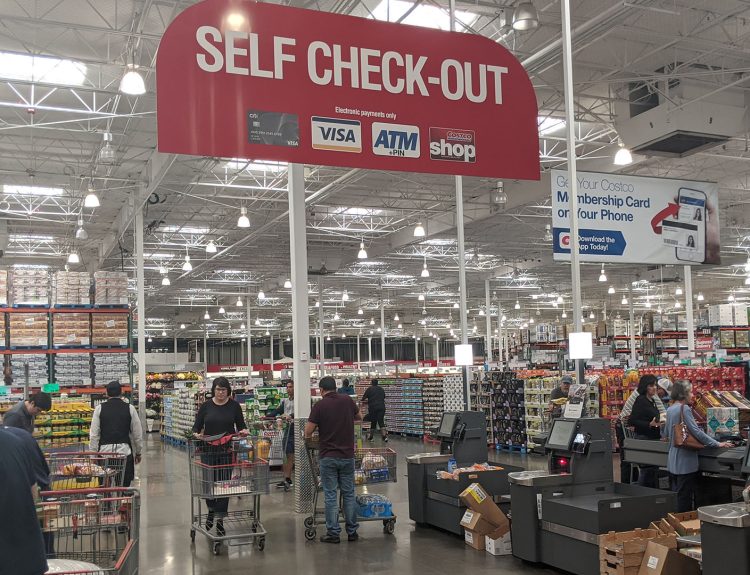Are you familiar with “woke” branding? It is a marketing strategy where companies align themselves with social justice issues. This commitment has often proven to be a powerful marketing tactic. But is it always a recipe for success? Critics argue that these approaches can feel inauthentic or preachy sometimes, turning consumers away.
This raises a debatable question- Does taking a stand on social issues always benefit a brand’s reputation? To explore this, today we’ll look into 55 case studies of brands that happened to embrace “woke” messaging and find out the impact on their fortunes.
Bud Light’s Pride Push Fizzles Out
Bud Light’s decision to feature transgender influencer Dylan Mulvaney on a limited-edition can to celebrate Pride Month totally backfired. The move ignited criticism from conservative groups, politicians, and even some celebrities.
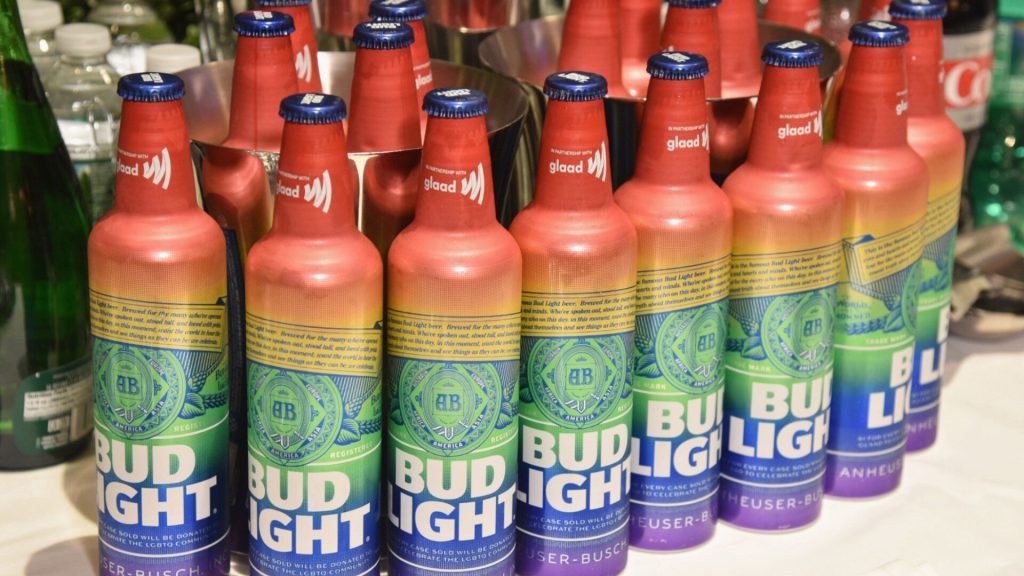
This unexpected twist of fate allowed competitor Coors Light to steal the spotlight right away and become the more popular choice during Pride Month.
Target Bullseye Misses the Mark
When Target aimed to celebrate LGBTQ+ customers with their 2023 Pride collection, it also backfired. The retailer faced backlash from some groups, leading to employee harassment. Target then removed some items, hoping to keep workers safe.
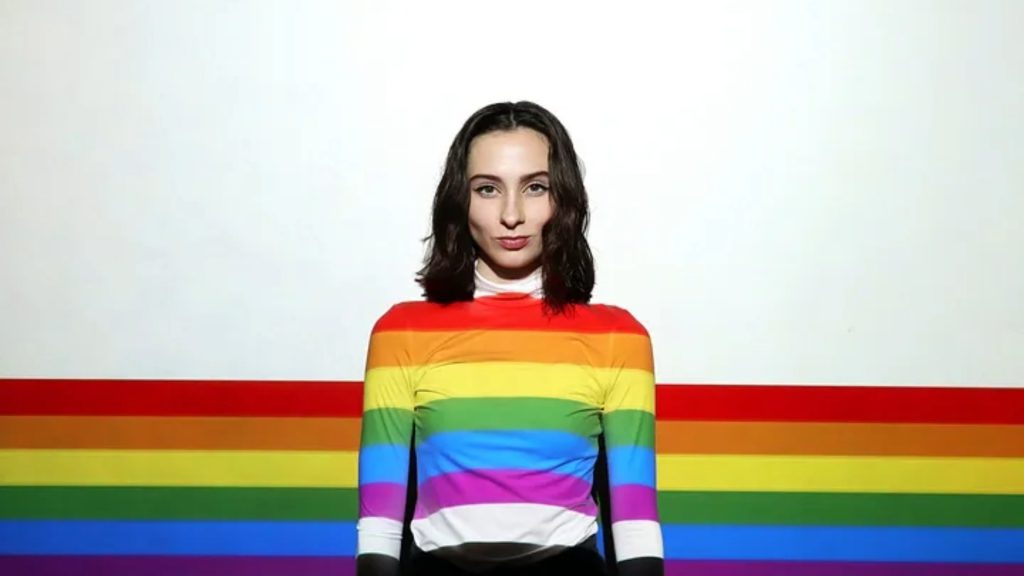
However, this decision alienated other customers who felt Target wasn’t living up to its inclusive image. In the end, Target’s attempt at social awareness seems to have hurt, not helped, its business.
Disney’s Politics Draw Ire
Despite its dedication to inclusivity, Disney has found itself caught in a cultural crossfire. Critics on both sides of the political spectrum accuse the entertainment giant of being overly “politically correct” or even.

anti-American and anti-family. This brewing controversy, according to SEC filings, potentially impacted Disney’s bottom line due to public disapproval.
Nike’s Take on Trans Rights Sparks Controversy
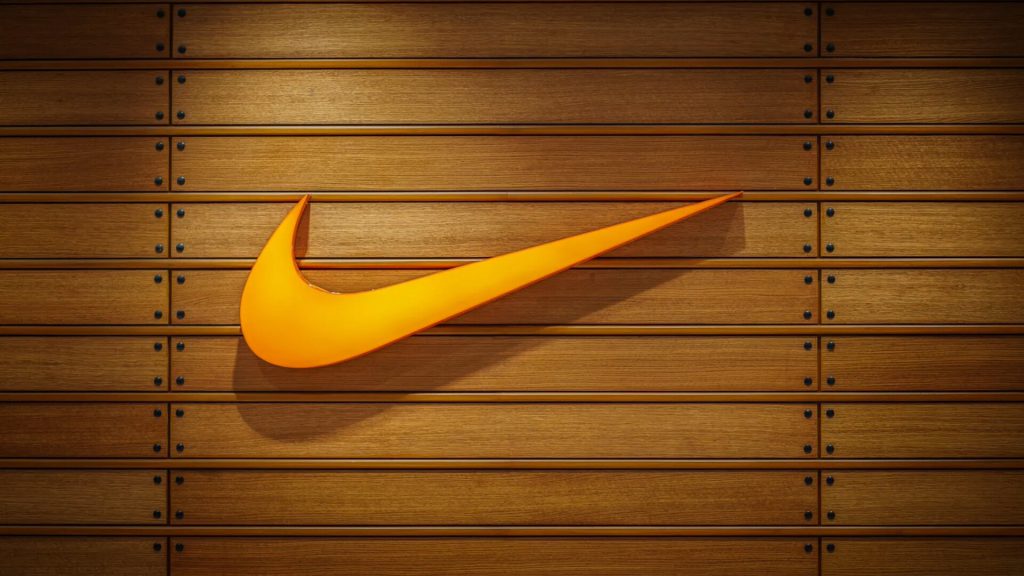
In 2023, Nike’s collaboration with transgender influencer Dylan Mulvaney ignited a firestorm of opinions. Supporters cheered the brand’s commitment to social justice, while critics launched a boycott, with some even resorting to destroying their Nike gear in protest. This incident highlights the complexities of brands wading into the social justice arena.
Shaving a Billion Bucks Off: Gillette’s Marketing Misstep
Gillette’s 2023 attempt to tackle toxic masculinity in their “The Best Men Can Be” ad campaign backfired spectacularly. The ad, which aimed to spark a conversation about positive masculinity, left many men feeling attacked and alienated.

This backlash resulted in a staggering $8 billion loss for parent company Procter and Gamble, which ultimately admitted the ad was a misstep. Did Gillette miss the mark on their target audience, or is this a sign that challenging traditional gender norms is a risky business?
Straws Stir Up a Storm at Starbucks
Starbucks’ attempt to ditch plastic straws for eco-friendly alternatives backfired. Customers mocked the flimsiness of paper straws, while some questioned the environmental impact of compostable options.
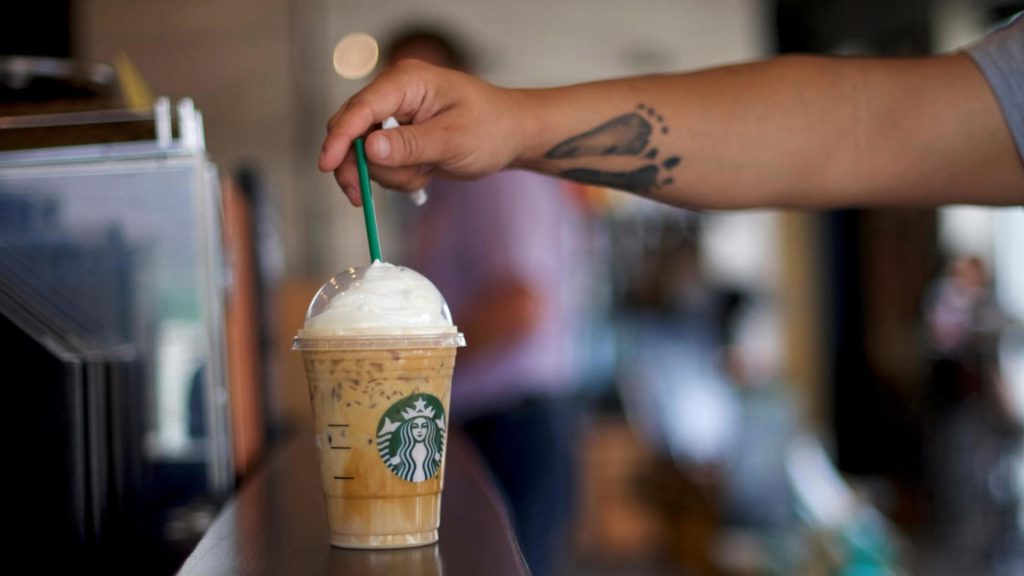
Critics slammed the move as “virtue signaling,” and the coffee giant’s sales and reputation took a hit. This raises the question: can companies embrace sustainability without alienating their customer base?
Coca-Cola: From Refreshment to Rancor
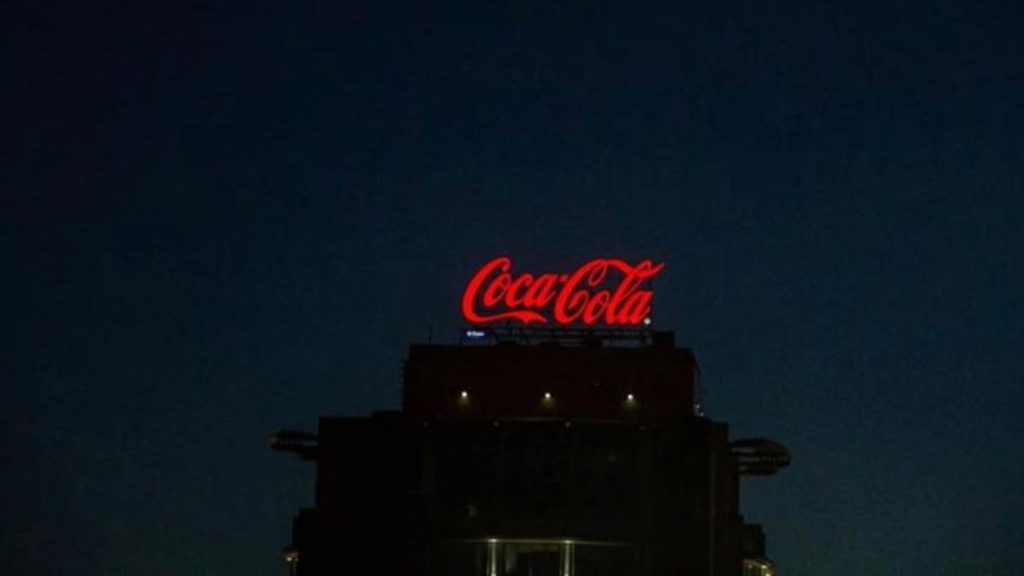
Coca-Cola’s attempt to embrace “wokeness” turned sour. Accusations of racism and cultural appropriation resurfaced, along with a controversial employee training program. The public backlash led to a significant drop in stock price and brand loyalty.
When Netflix Embracing Wokeness
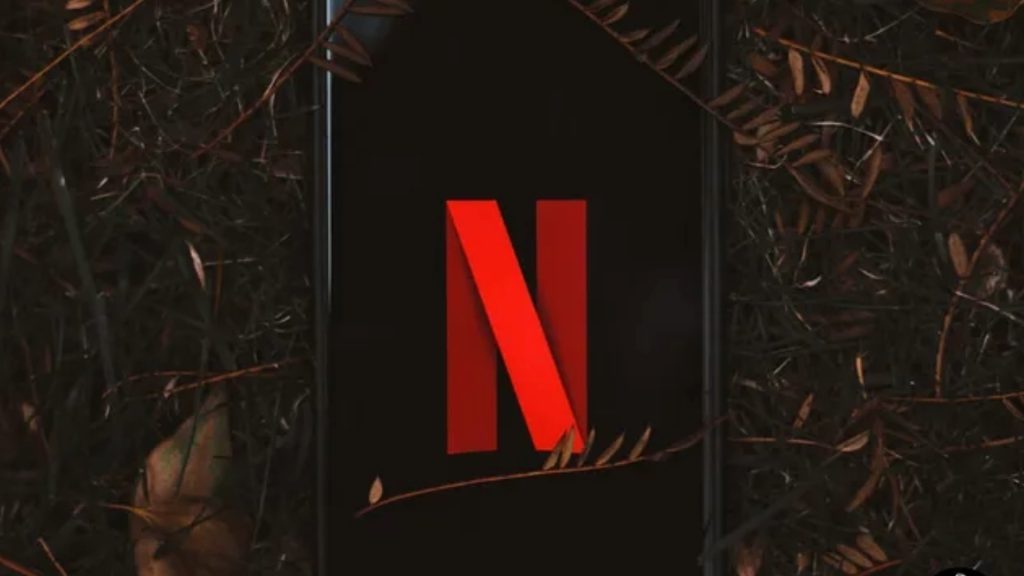
Netflix’s push for diverse content became a double-edged sword. While praised for representation, the removal of popular shows and the addition of some LGBTQ+ and feminist content alienated some viewers. Critics felt Netflix was promoting a specific ideology at the expense of entertainment.
Oreo Dunks Sales with Controversial Trans Tweet
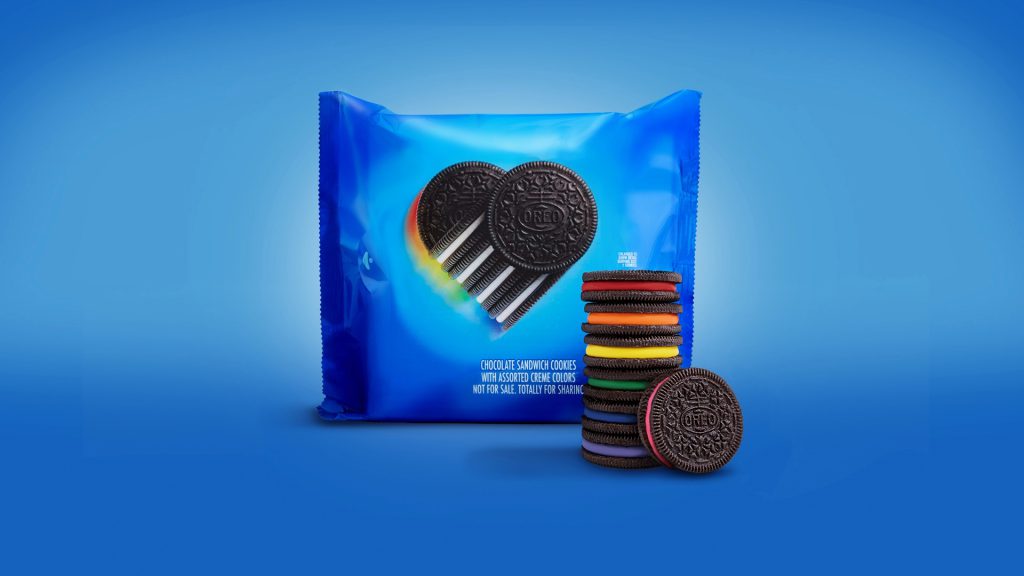
A seemingly positive message in 2023—a tweet featuring an Oreo cookie in transgender flag colors with the caption “Trans people exist”—severely backfired for the brand. Accusations of being political and agenda-driven tarnished childhood memories for some customers, leading to a decline in sales and social media engagement.
Fair and Lovely’s Dark Stain
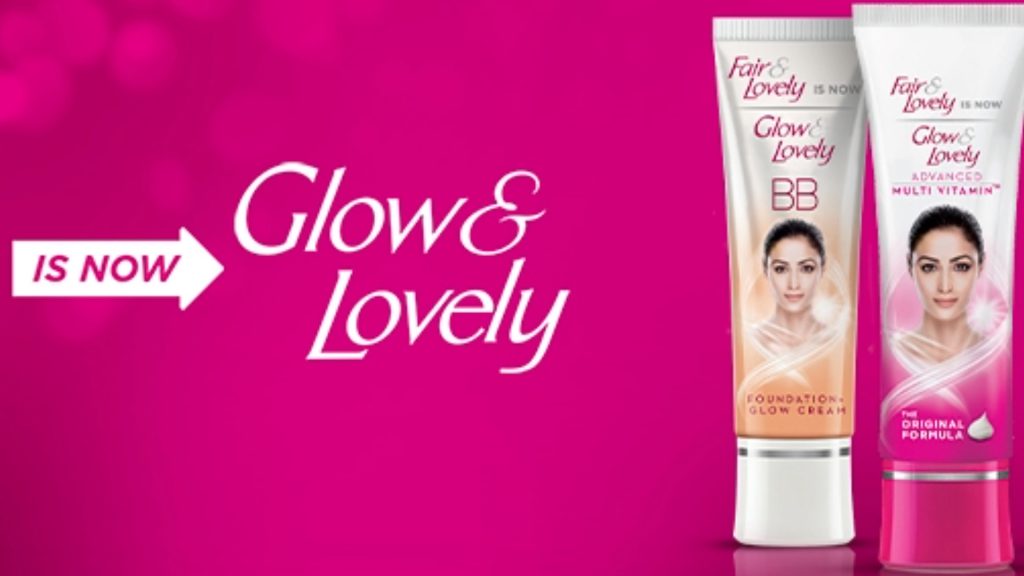
Unilever’s commitment to social responsibility was called into question with the controversy surrounding their skin-lightening cream, Fair and Lovely. Accused of promoting colorism and racism, the product sparked outrage despite the company’s efforts to position itself as socially conscious.
Recycled Makeup Announcement Brought Real Issues for e.l.f. Cosmetics
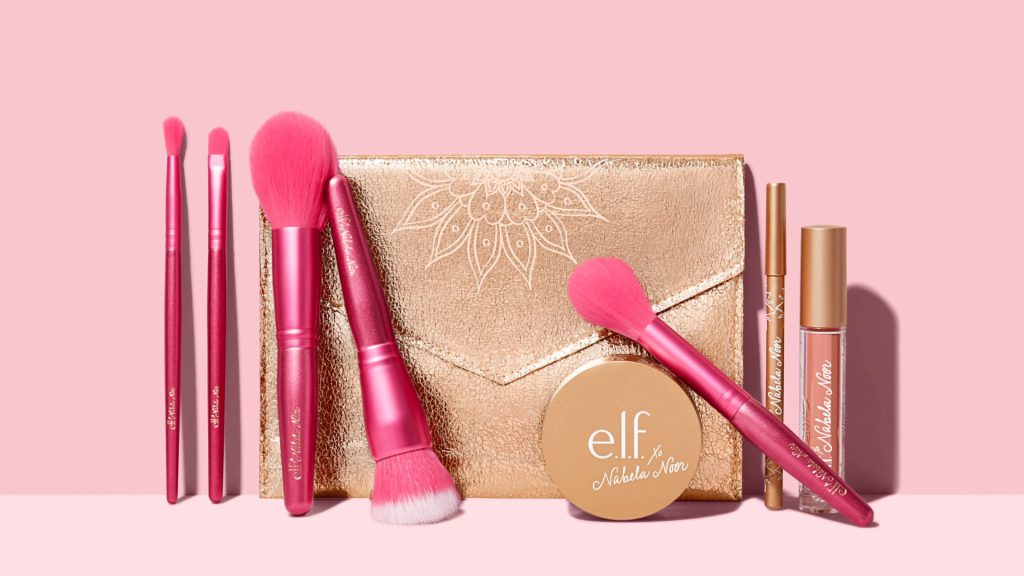
e.l.f. Cosmetics’ decision to launch makeup brushes made from recycled plastic bottles landed them in unexpected territory. Customers criticized the move as “woke” and “political,” with some even questioning the quality of the brushes themselves. This incident highlights the potential pitfalls of green initiatives that may not resonate with the target audience.
Ben’s Original Recipe for Disaster
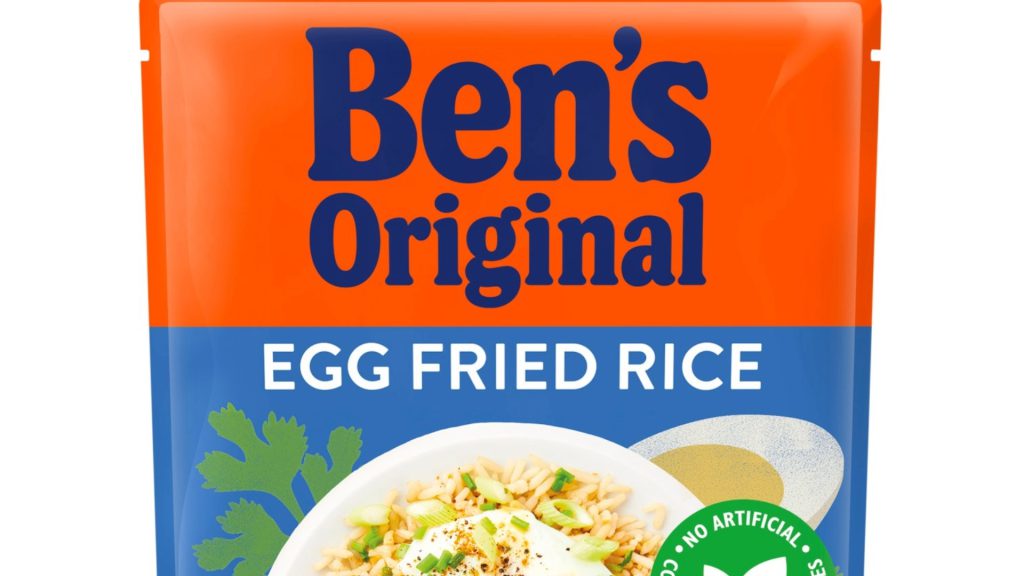
Mars attempted to address racial stereotypes by rebranding Uncle Ben’s rice to Ben’s Original. Unfortunately, this move backfired. Consumers criticized it as pandering and accused them of trying to erase cultural identity. This case highlights the challenge of balancing social awareness with brand heritage.
Pernod Ricard’s Tone-Deaf Donation
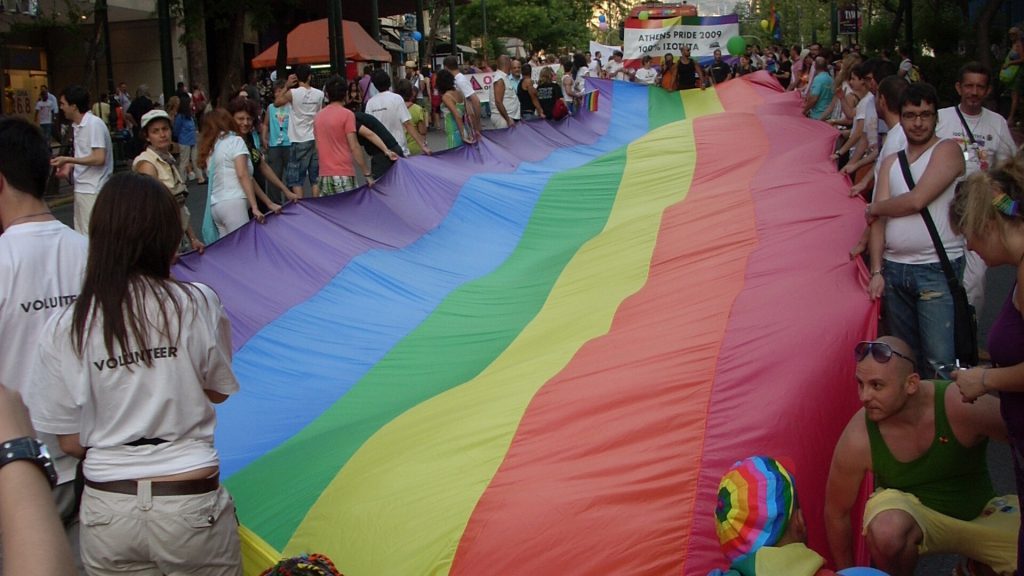
Pernod Ricard faced backlash after donating $100,000 to the Trevor Project, an LGBTQ+ youth support organization. Some consumers felt the company prioritized “divisive causes” over focusing on its products. This incident raises the question: Can companies support social causes without alienating some customers?
Campbell’s Stand for Same-Sex Marriage
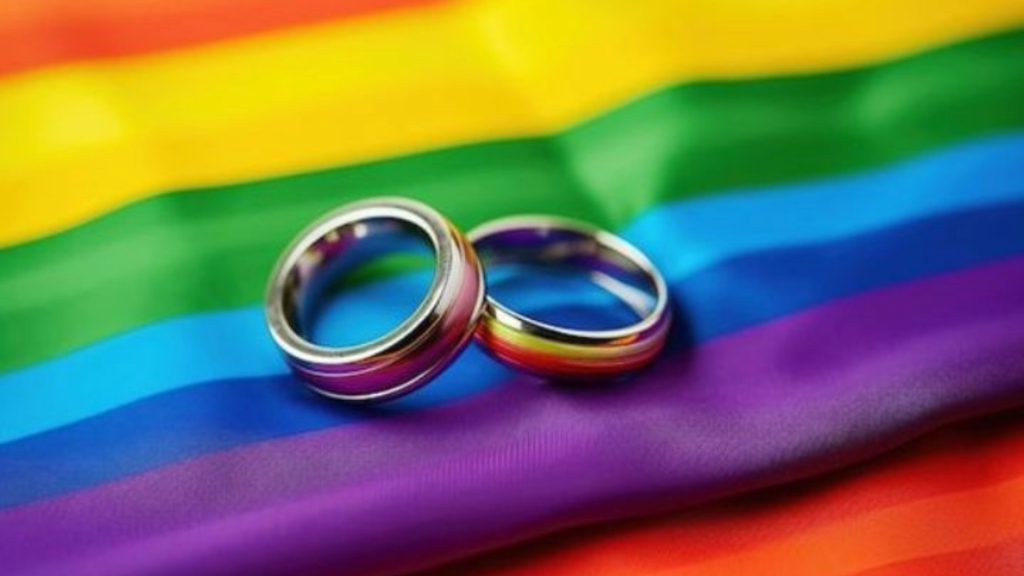
Campbell’s ignited controversy by backing same-sex marriage legalization and featuring a gay couple with their son in an ad. This triggered calls for boycotts, demonstrating the potential pitfalls of wading into social issues with strong opinions.
PepsiCo and the Kendall Jenner Fiasco
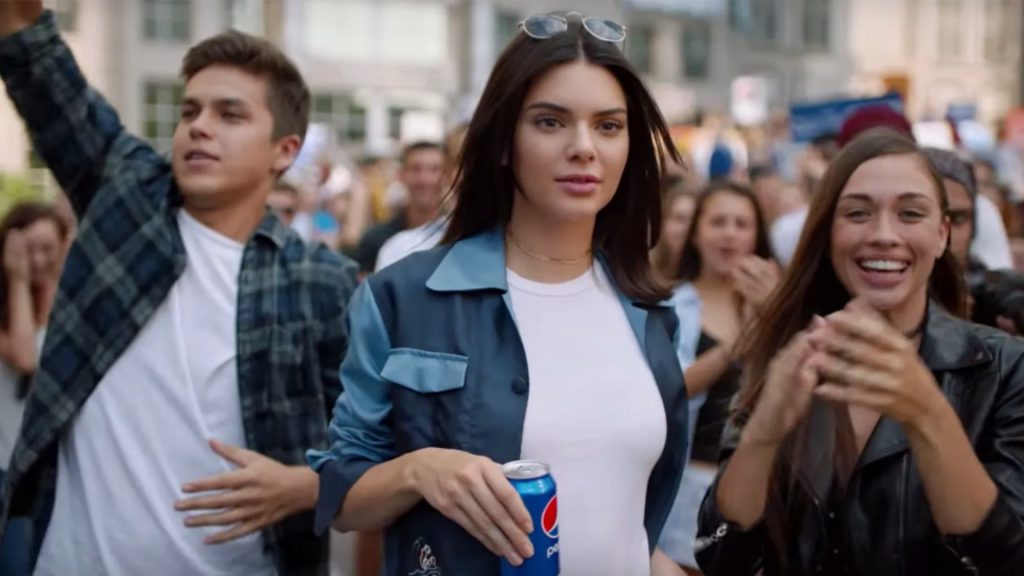
PepsiCo’s advertisement featuring Kendall Jenner offering a can of Pepsi to quell a protest sparked public outrage. Critics accused it of trivializing the Black Lives Matter movement. This case underscores the importance of brand messaging aligning with social movements for authenticity.
H and M’s Offensive Hoodie
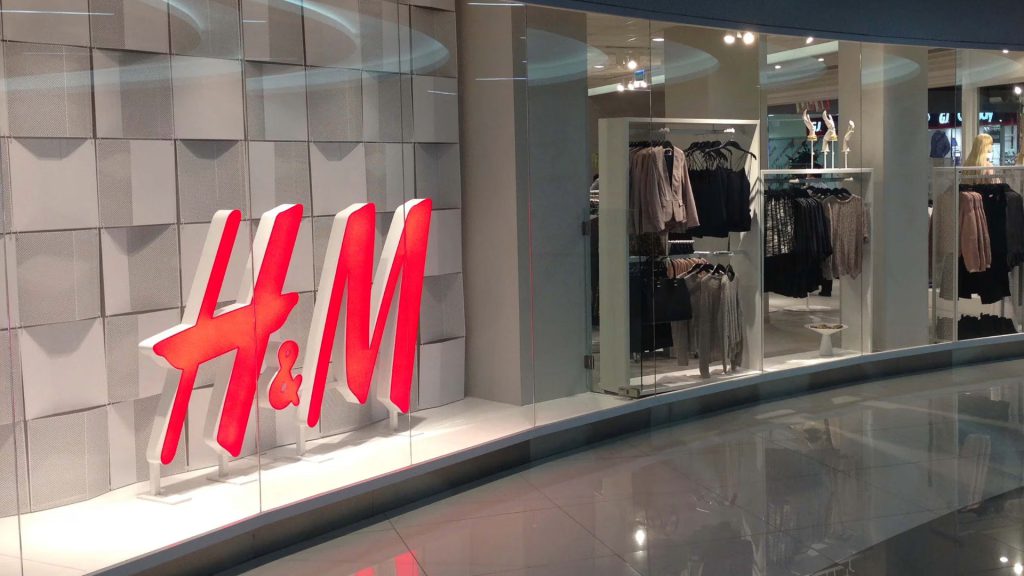
H and M’s online ad featuring a black child in a hoodie with the caption “coolest monkey in the jungle” resulted in swift backlash and accusations of racial insensitivity. The incident serves as a stark reminder of the importance of cultural awareness in marketing campaigns.
Chick-fil-A’s Loyalty Litmus Test
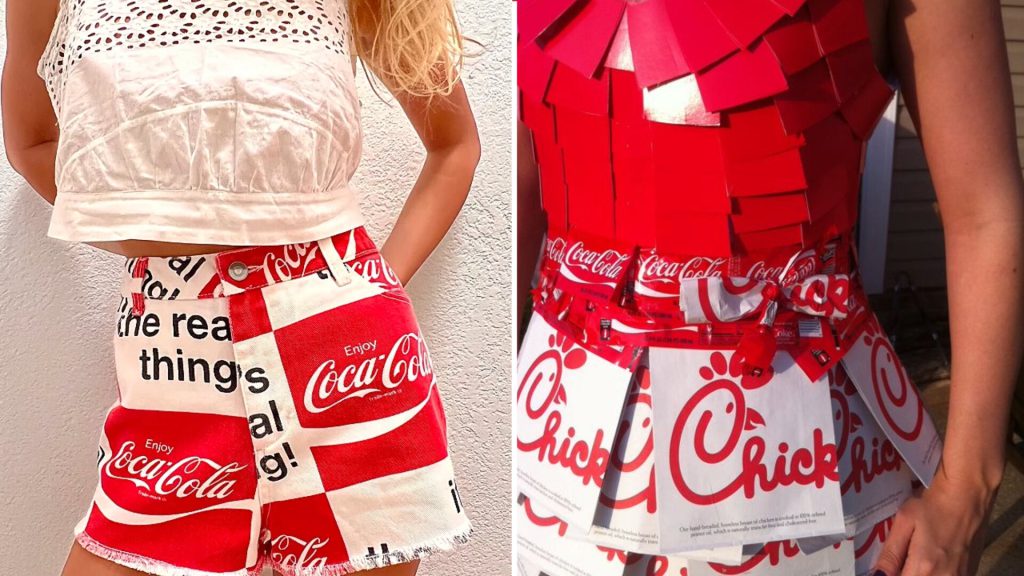
Chick-fil-A, known for its loyal customer base, faced national boycotts after revelations of donations to anti-LGBTQ+ organizations. This incident highlights the potential consequences of corporate social responsibility choices, even for established brands.
Dove’s Diversity Attempt
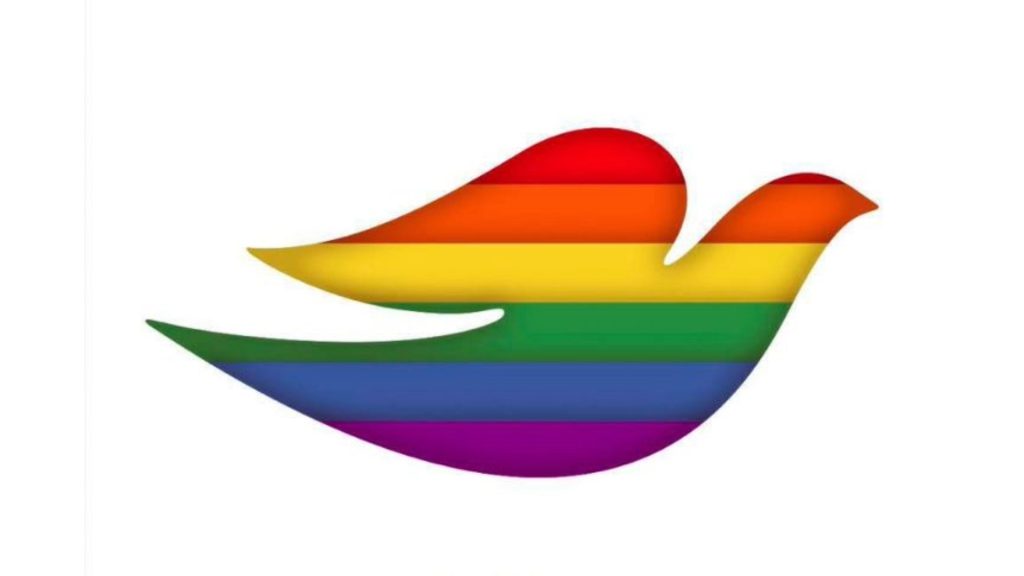
Dove’s Real Beauty campaign, promoting body positivity, took a wrong turn with a Facebook ad. The ad seemingly depicted a black woman transforming into a white woman after using their body wash. The backlash exposed the dangers of perpetuating racial stereotypes, even with good intentions.
Under Armour CEO’s Political Praise Sparks Boycott
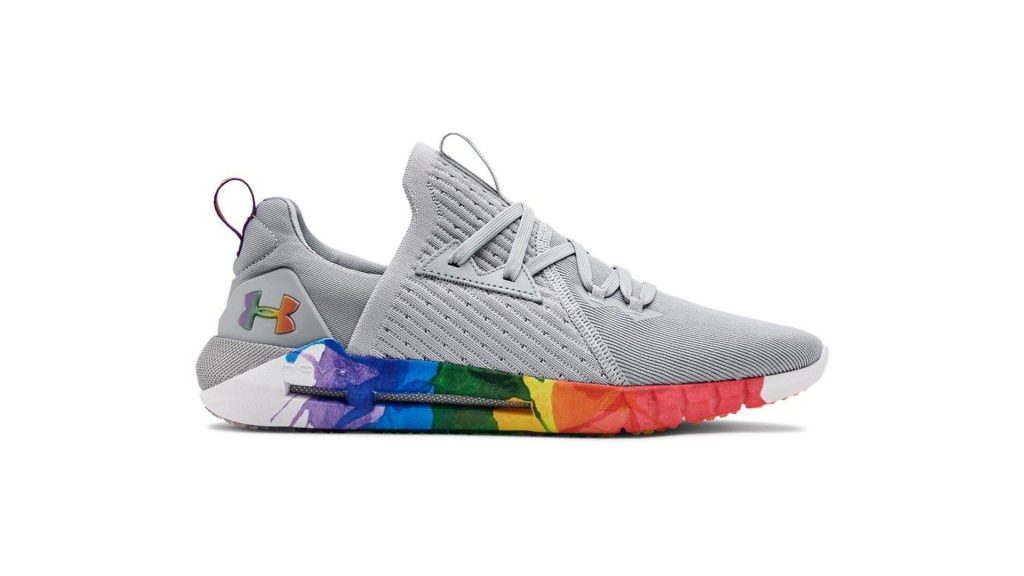
In 2017, Under Armour faced a backlash after its CEO voiced support for then-President Trump. Consumers unhappy with the administration called for boycotts, forcing the company to clarify its values in a damage control effort.
LEGO’s Pause on Police Sets
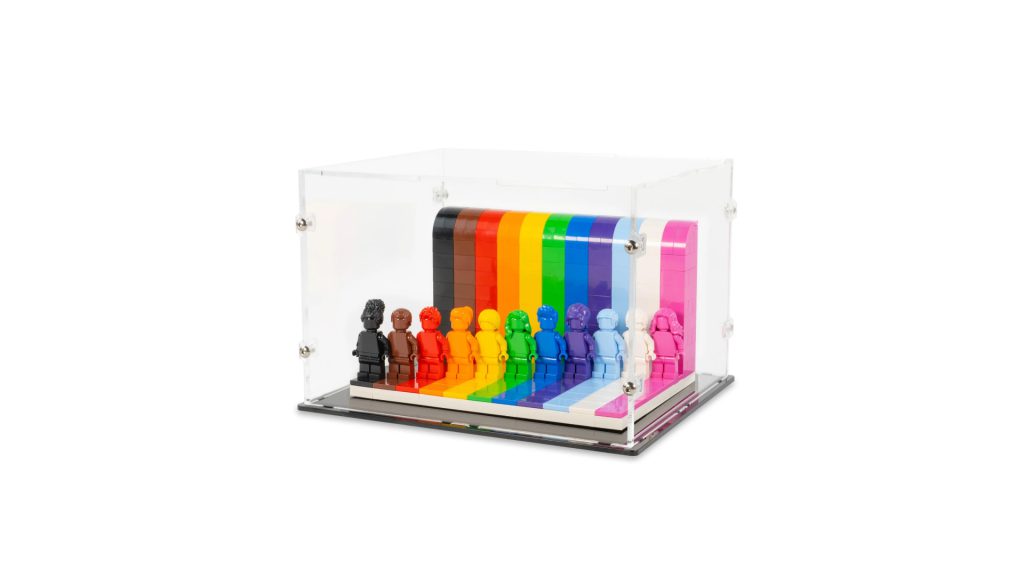
Responding to global protests against police brutality, LEGO temporarily halted marketing for police and emergency service sets in 2020. While some saw this as a responsible move, others questioned its necessity.
Lululemon’s “Resist Capitalism” Workshop
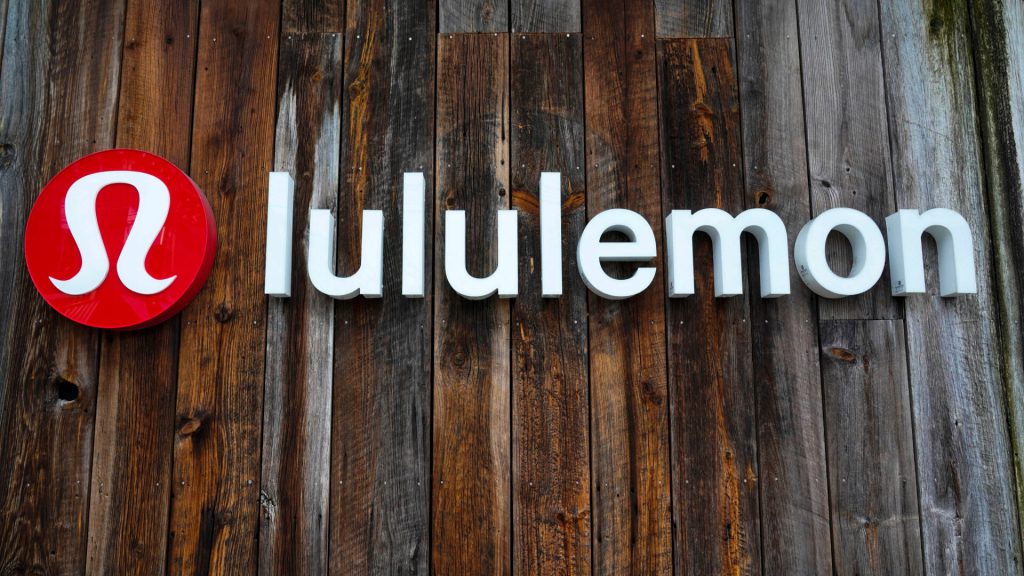
Lululemon sparked controversy in 2020 by promoting a workshop on “resisting capitalism.” This clashed with their high-end pricing and business model, leaving many questioning their authenticity. The incident ignited discussions about the line between genuine advocacy and brand positioning.
J.K. Rowling’s Tweets: When Fandom Tumbles
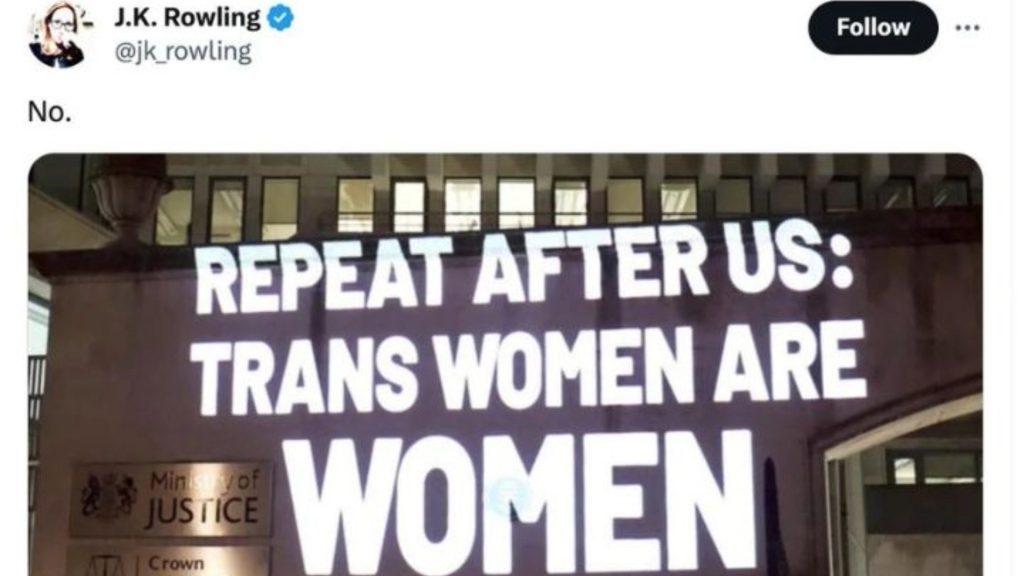
J.K. Rowling, the creator of the beloved Harry Potter series, faced criticism in 2019 for remarks regarding transgender issues. This discord spilled over to the Harry Potter brand, with calls for boycotts of books and merchandise. This case serves as a reminder of the potential consequences when a brand figure’s views clash with those of its fans.
Goya Foods and the Price of Partisanship
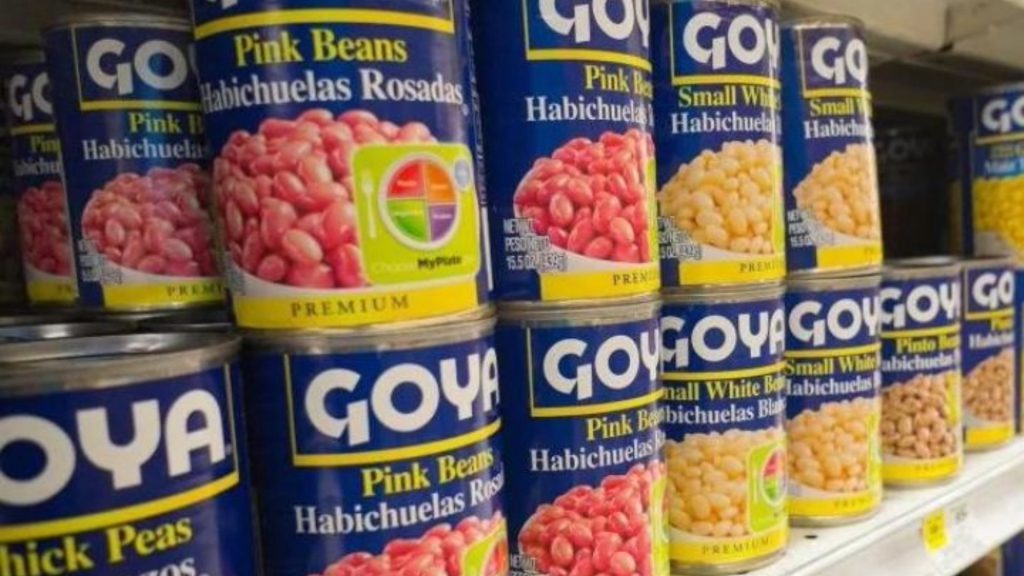
Goya Foods learned a harsh lesson in 2020 when its CEO publicly praised President Trump. This endorsement clashed with the views of many Latinx and immigrant consumers, leading to a call for boycotts. It demonstrates the risk of corporate leaders aligning themselves with political figures.
Victoria’s Secret’sFrom Sexy to Stalled
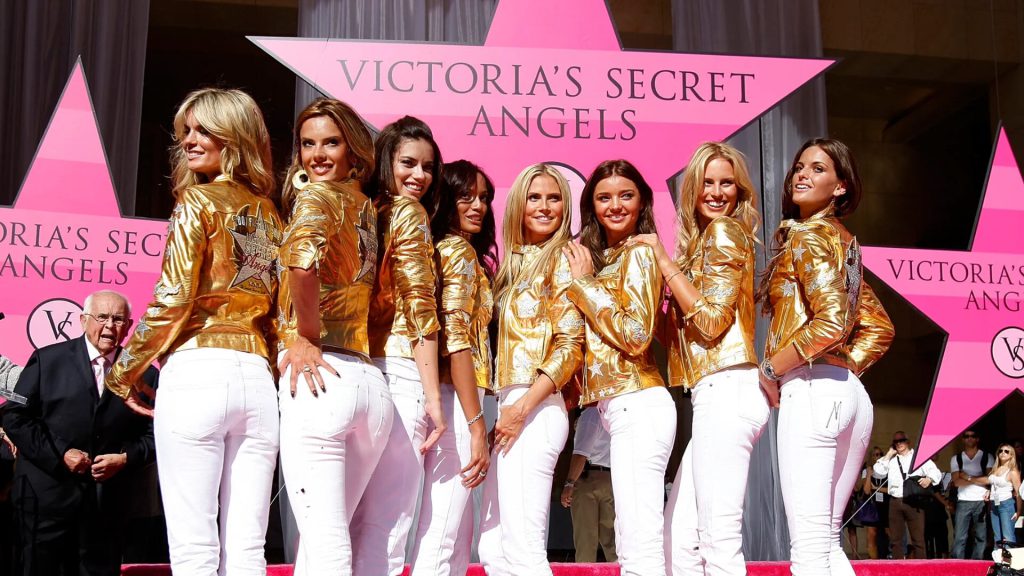
Victoria’s Secret’s exclusion of plus-size and transgender models in 2018 sparked outrage. Consumers demanded more inclusive marketing, forcing the brand to restructure and re-evaluate its messaging.
Audi’s Gender Pay Gap Gaffe
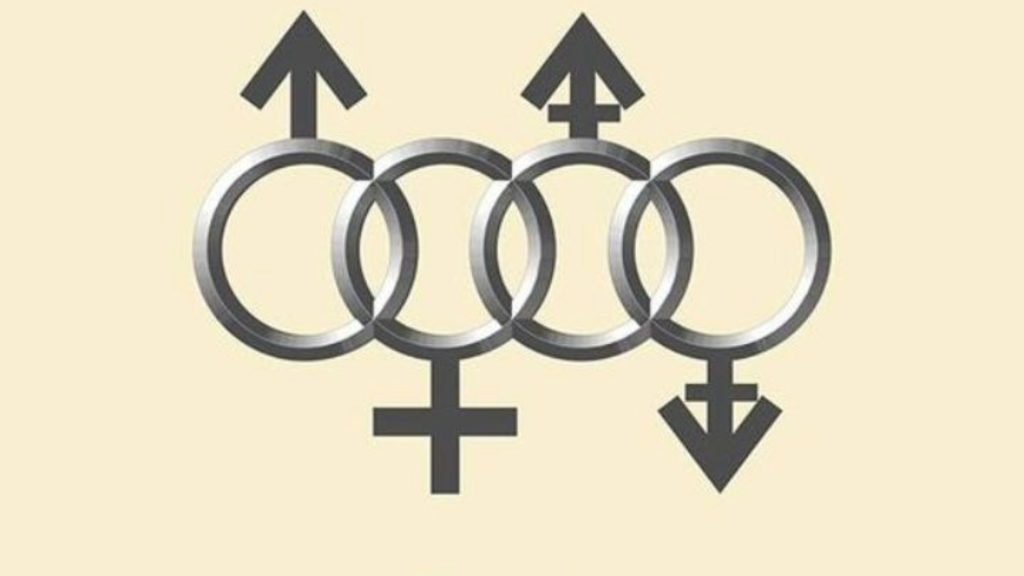
Audi’s 2017 Super Bowl ad advocating for gender equality backfired when their own pay practices came to light. The controversy exposed a hypocrisy between the brand’s message and its internal culture.
Free Speech vs. Profits in China
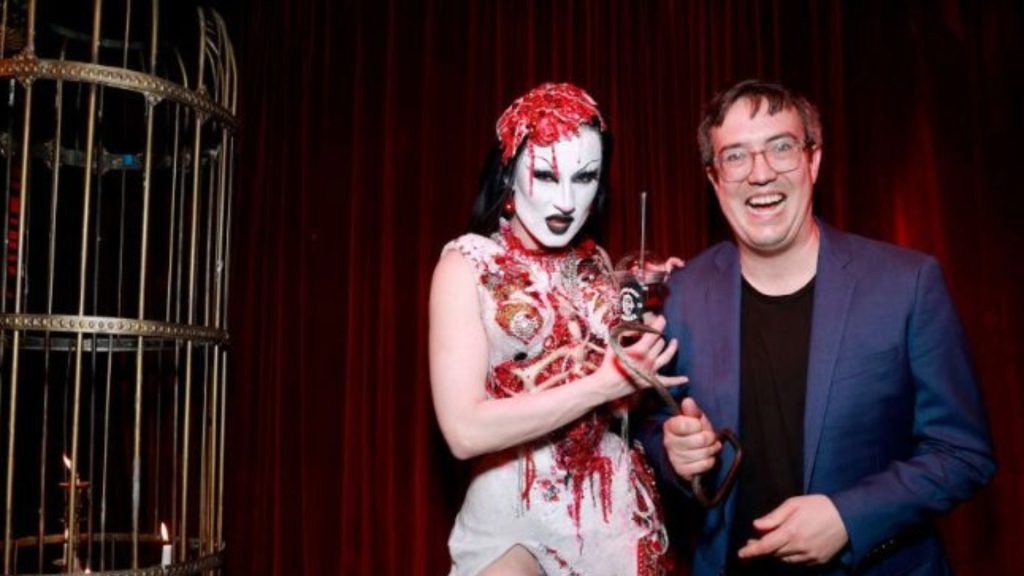
Pro-democracy comments from a Hearthstone player landed him in hot water with Blizzard Entertainment in 2018. The incident highlighted Blizzard’s struggle to balance free speech with maintaining access to the lucrative Chinese market.
T-Mobile Takes a Stand, But Can’t Please Everyone
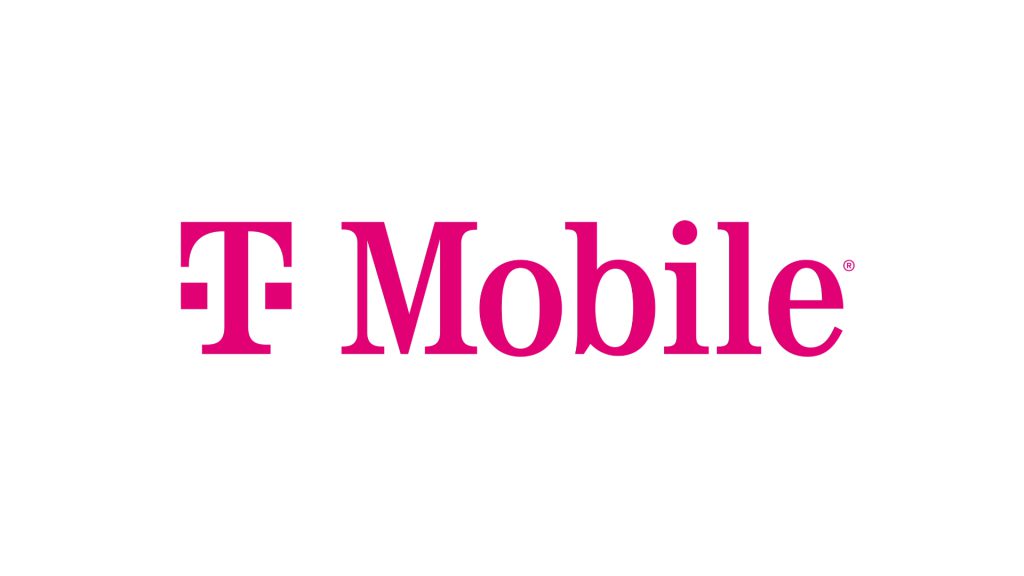
T-Mobile’s public support for the Equality Act in 2021 (legislation aimed at ensuring comprehensive protections against discrimination for the queer community) drew both praise and criticism. The episode underscored the deep divisions in American society on issues of LGBTQ+ rights.
CrossFit CEO’s Social Media Stumble

Controversial social media posts from CrossFit’s CEO in 2020 sparked a backlash and led to several gyms severing ties with the brand. This incident serves as a cautionary tale about the potential consequences of executives’ public pronouncements.
Equinox and SoulCycle: Spinning Out of Control

A planned fundraiser for President Trump by the chairman of Equinox and SoulCycle in 2019 sparked outrage among members who felt the event contradicted the brands’ progressive image. This incident highlights the potential situation when there’s some disconnect between a company’s messaging and its leadership’s actions.
Paramount Pictures’ Casting Controversy
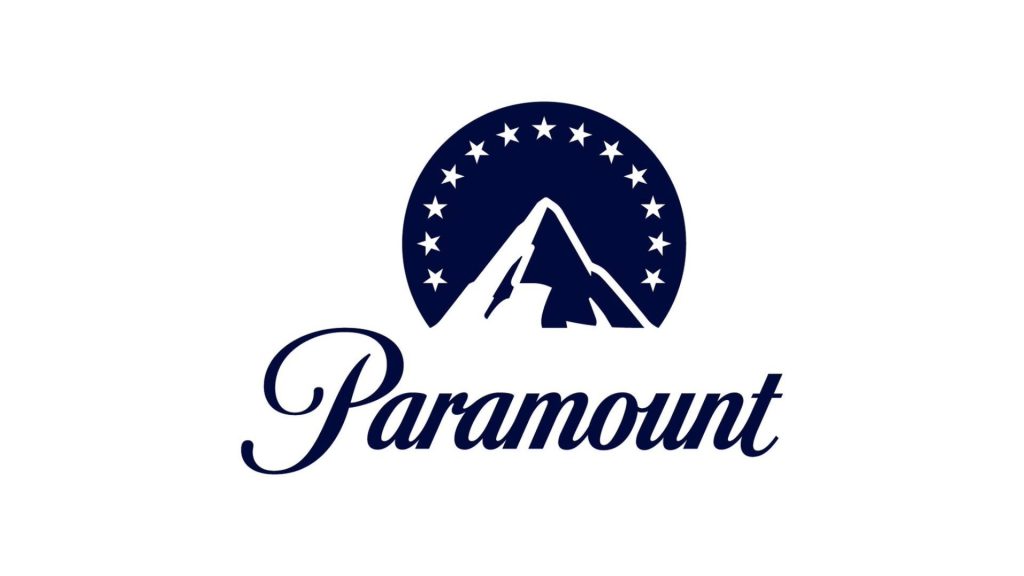
Paramount Pictures received criticism for casting Scarlett Johansson as the lead in the 2017 film “Ghost in the Shell,” sparking accusations of “whitewashing.” The incident ignited conversations about the importance of authentic representation in Hollywood.
Taco Bell’s Ad Backlash
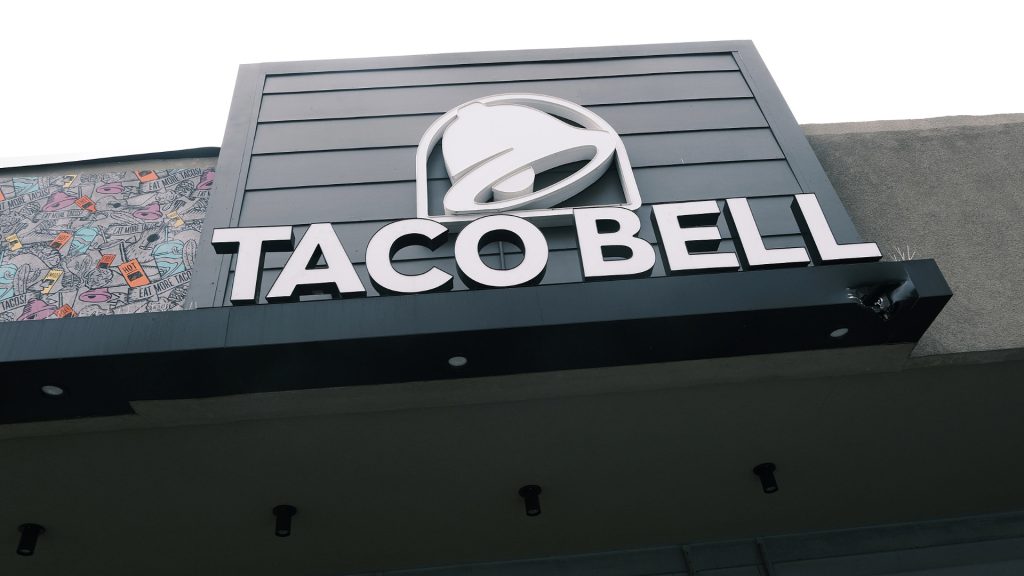
A Taco Bell ad campaign drew criticism for cultural appropriation. The use of cultural elements to promote a holiday special sparked accusations of insensitivity. This incident highlighted the importance of striking a balance between celebrating a culture and disrespectfully appropriating its traditions.
Barilla Boils Over Homophobia
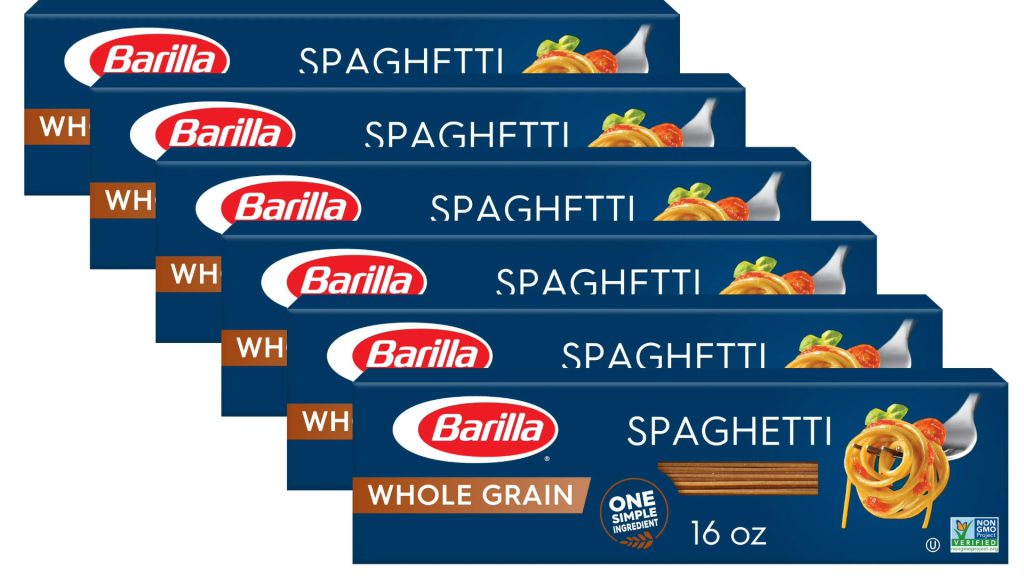
The Italian pasta brand, Barilla, faced international boycott calls in 2013 after its chairman made comments opposing same-sex families in ads. Facing a backlash for their lack of inclusivity, Barilla vowed to embrace diversity.
Snapchat Snaps Up Domestic Violence Backlash
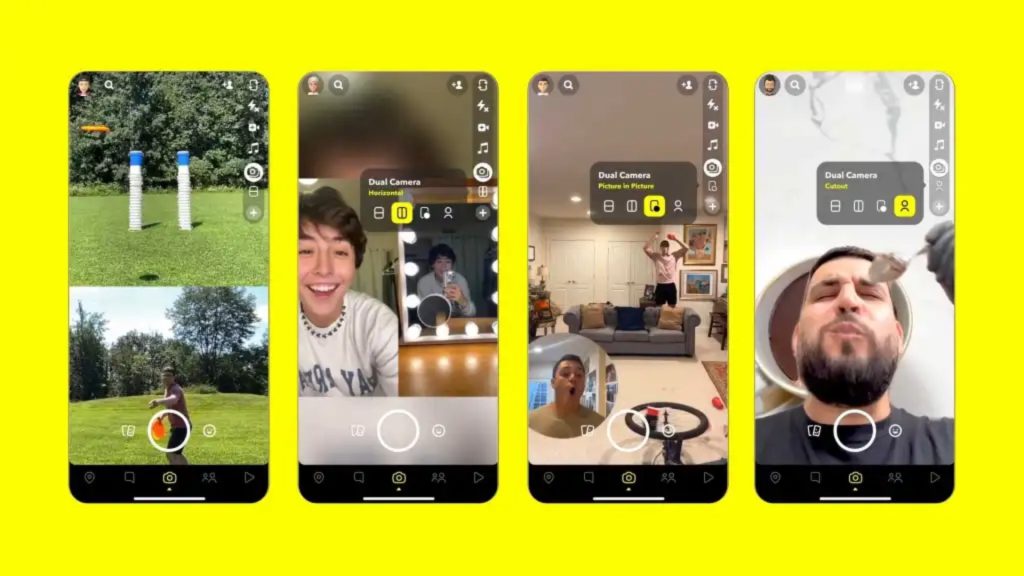
In 2017, Snapchat faced fierce criticism for releasing a filter that mocked domestic violence by referencing Rihanna’s assault. The insensitive nature of the filter ignited public anger, prompting a swift apology and removal. This incident highlighted the importance of brand awareness and responsible marketing strategies.
Hobby Lobby’s Unethical Art Acquisition
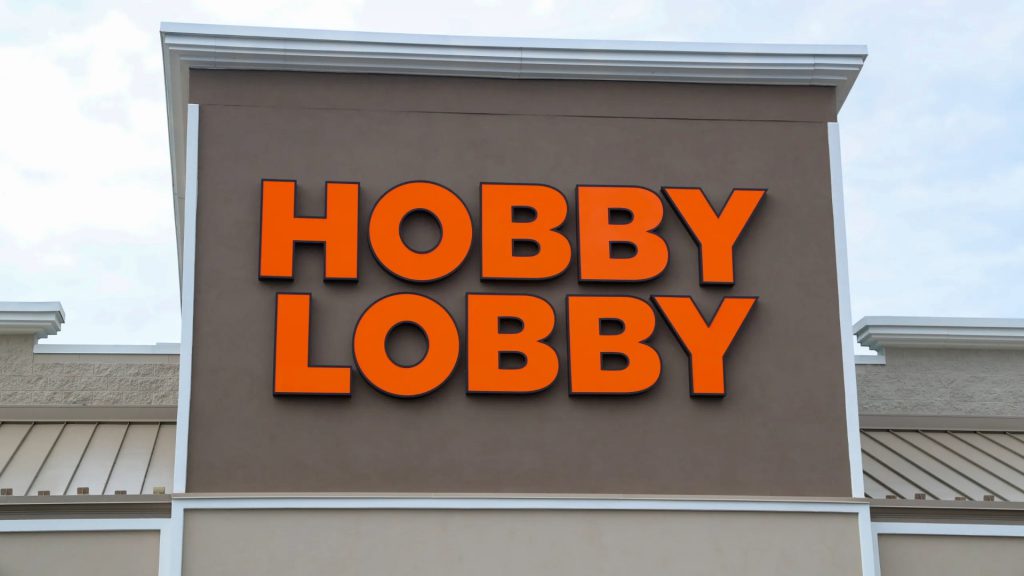
Hobby Lobby, the popular arts and crafts store, tarnished its reputation in 2020 when it emerged they had purchased illegally obtained ancient artifacts from Iraq. Public outcry and legal action ensued, raising critical questions about ethical sourcing and respect for cultural heritage.
Wells Fargo’s Diversity Dilemma
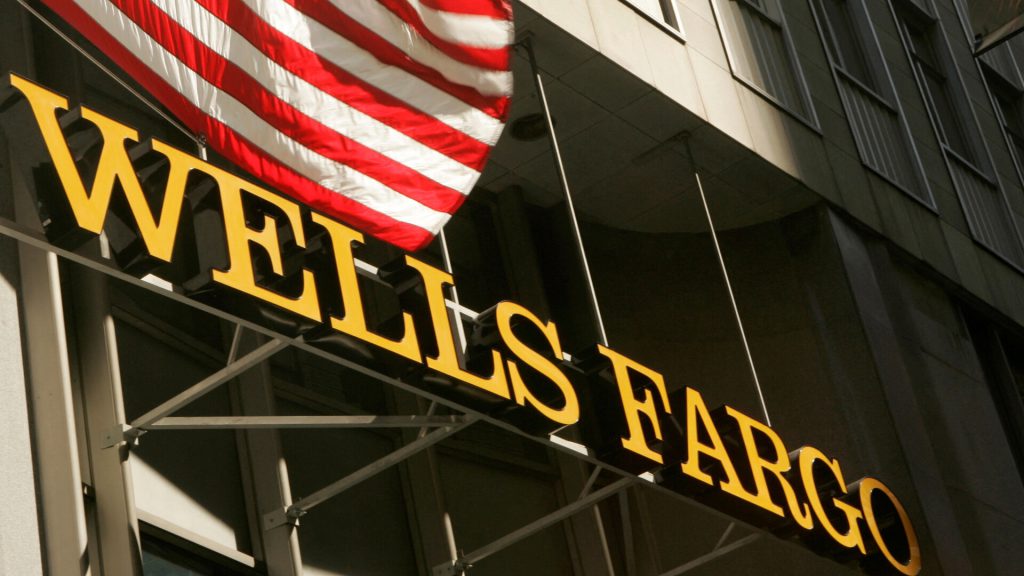
In 2020, Wells Fargo’s CEO sparked a debate on corporate diversity by claiming difficulty finding qualified Black workers. This exposed potential biases within the company’s hiring practices and highlighted the ongoing struggle with systemic inequality. The incident underscores the need for internal inclusion initiatives to create a more diverse workforce.
When Discounts Get Triggered: FedEx and the NRA
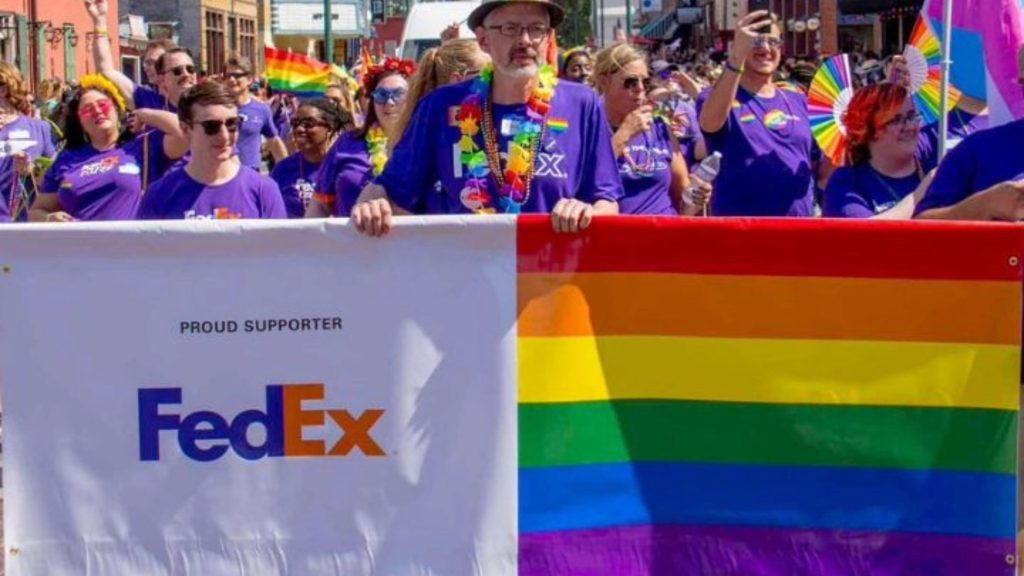
FedEx faced pressure to end its discount program for NRA members following mass shootings in 2018. This highlighted the challenges trademarks face when partnerships are scrutinized through a social advocacy lens.
Urban Outfitters Attempt
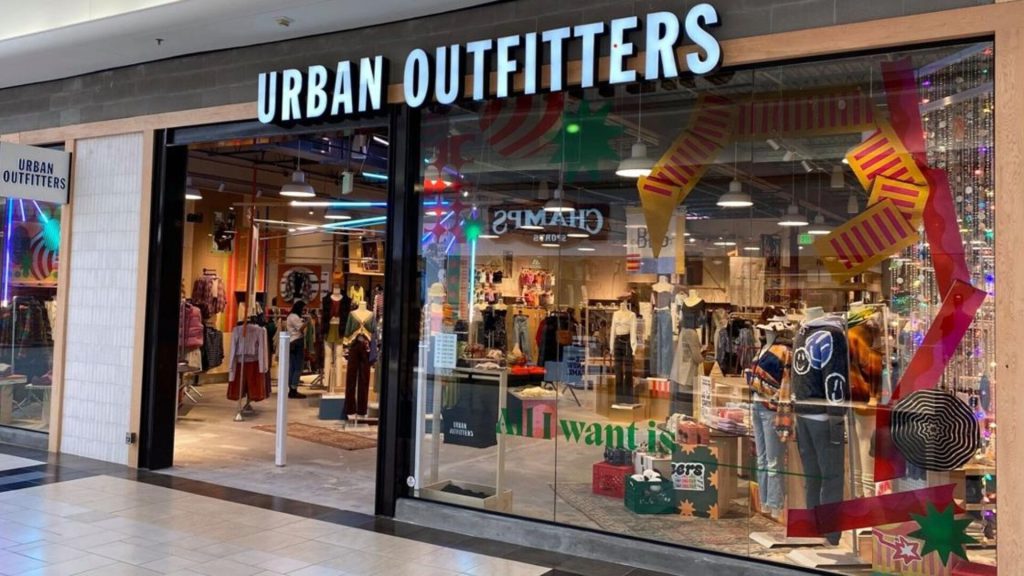
Urban Outfitters caused a stir in 2015 with products accused of cultural appropriation. This controversy ignited a debate on the line between appreciation and appropriation. The incident underlined the importance of respecting cultural designs and engaging with diverse communities authentically.
MyPillow’s Political Pillow Fight
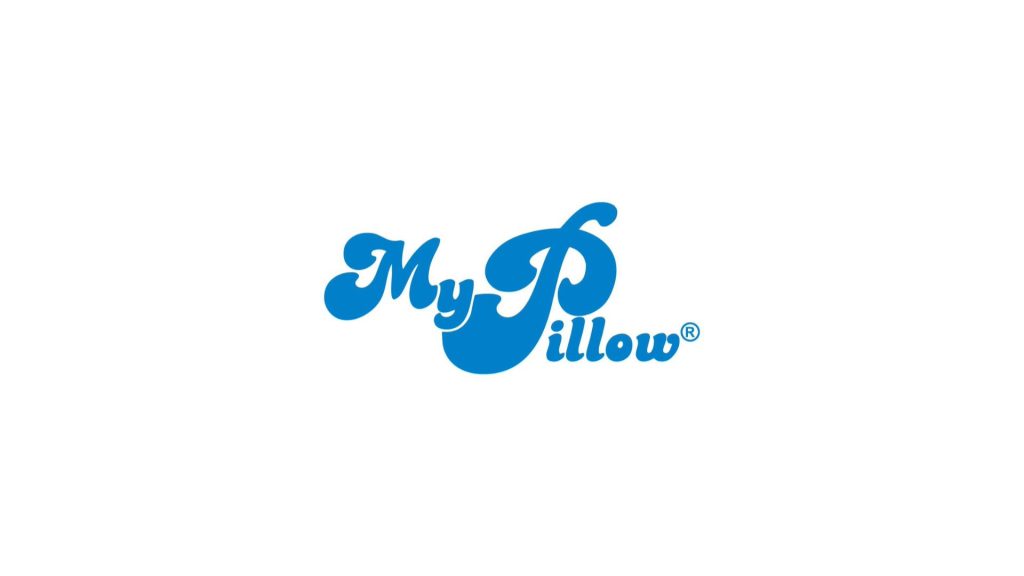
MyPillow’s CEO, Mike Lindell, thrust the company into political controversy in 2021, advocating for contentious governmental theories and aligning with President Trump. This resulted in strained relationships with retailers and a tarnished consumer perception.
Gucci’s Black and Blue Moment
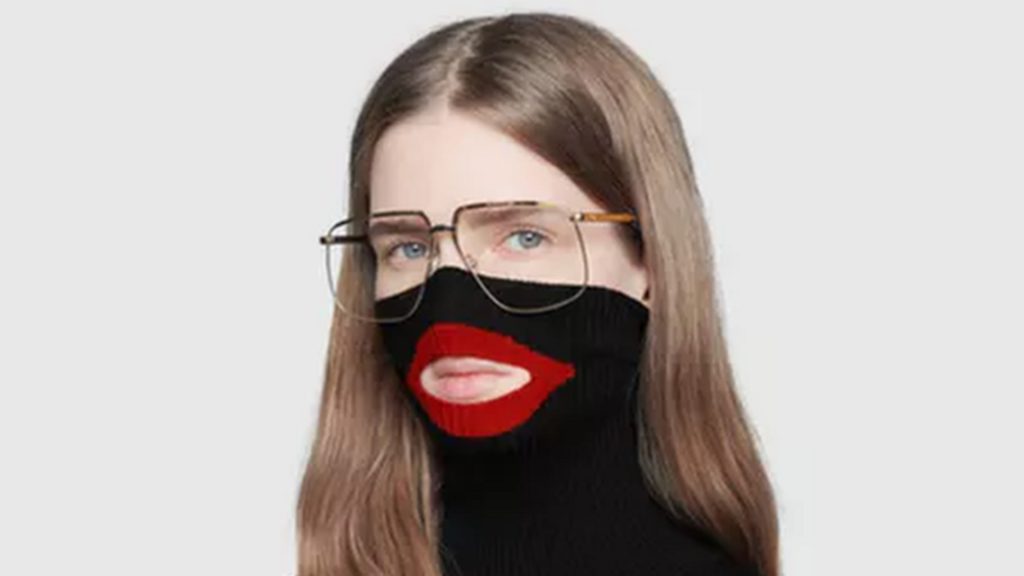
In 2019, Gucci faced severe backlash over a sweater design that evoked blackface imagery, sparking debates on cultural sensitivity and appropriation in fashion. Despite swift removal from stores and an apology, the incident underscored the importance for corporations to respect historical contexts and sensitivities.
IKEA’s Rainbow Controversy
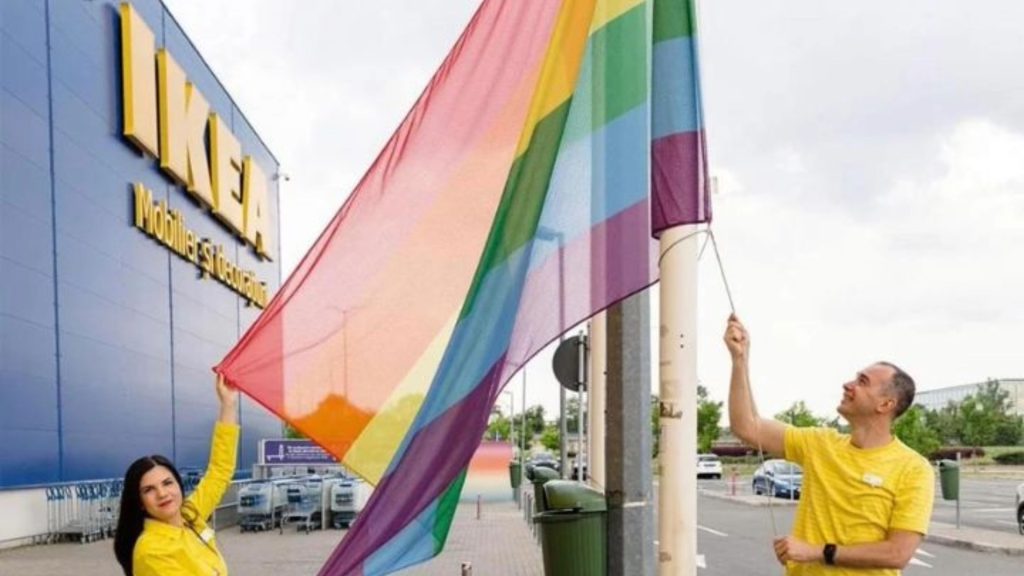
IKEA’s 2021 Pride Month collection of LGBTQ+ flag-themed love seats received mixed reactions. While some praised inclusivity, others criticized the design or questioned its sincerity, sparking debate over the commercialization of social causes.
From Prayer Mats to Public Backlash
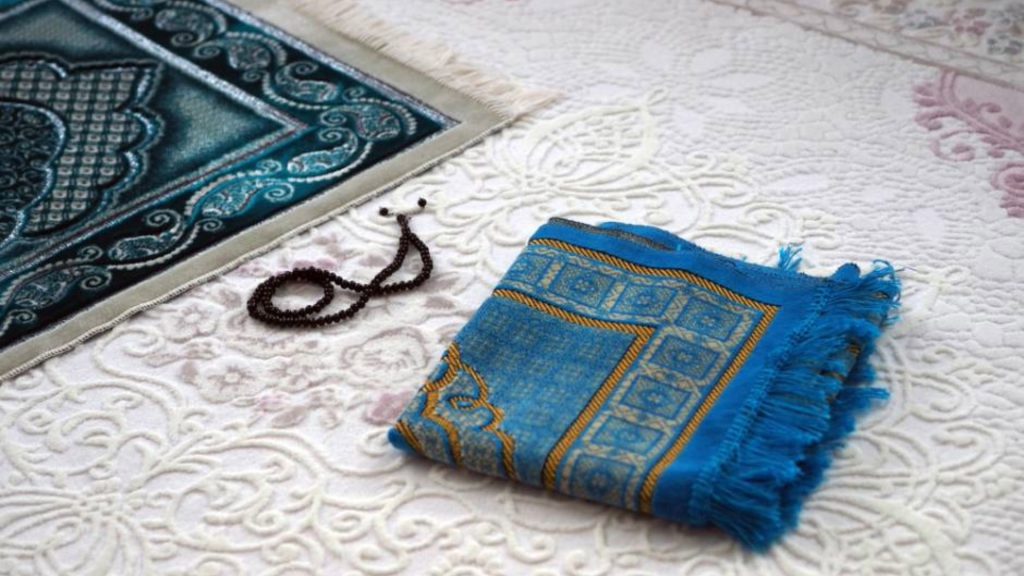
Fast-fashion giant Shein faced criticism in 2020 for selling prayer mats as decorative rugs. This sparked accusations of cultural insensitivity and appropriation of religious symbols. The company received significant backlash and ultimately issued an apology, removing the products from their offerings.
Adidas’s Diversity Efforts
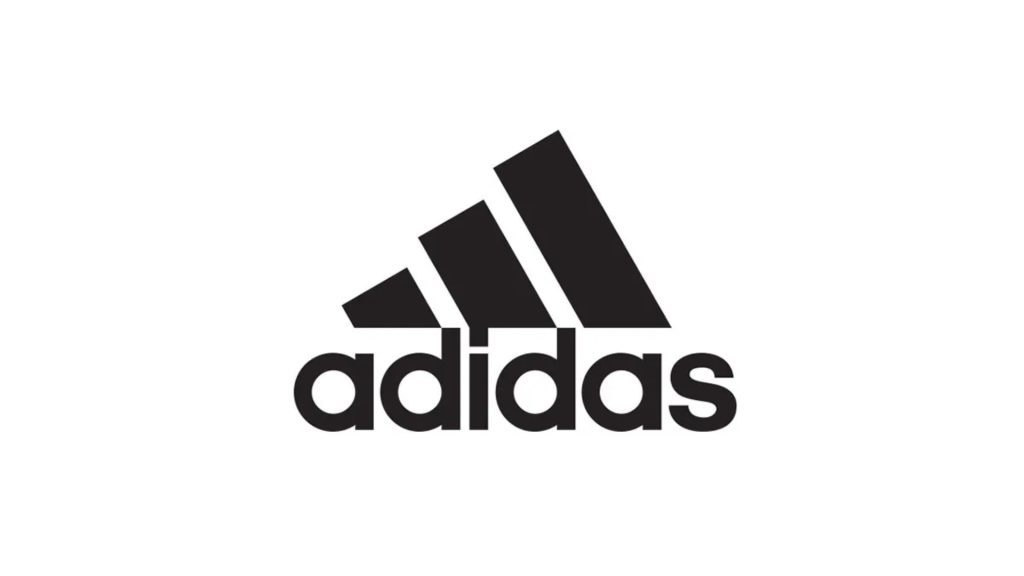
Despite ongoing efforts to promote diversity and inclusion, sportswear giant Adidas came under scrutiny in 2020. Critics pointed out the need for swifter progress and more transparency in achieving their goals, such as increasing employee representation and supporting social causes.
Google’s Ethics Board Disbanded Amid Controversy
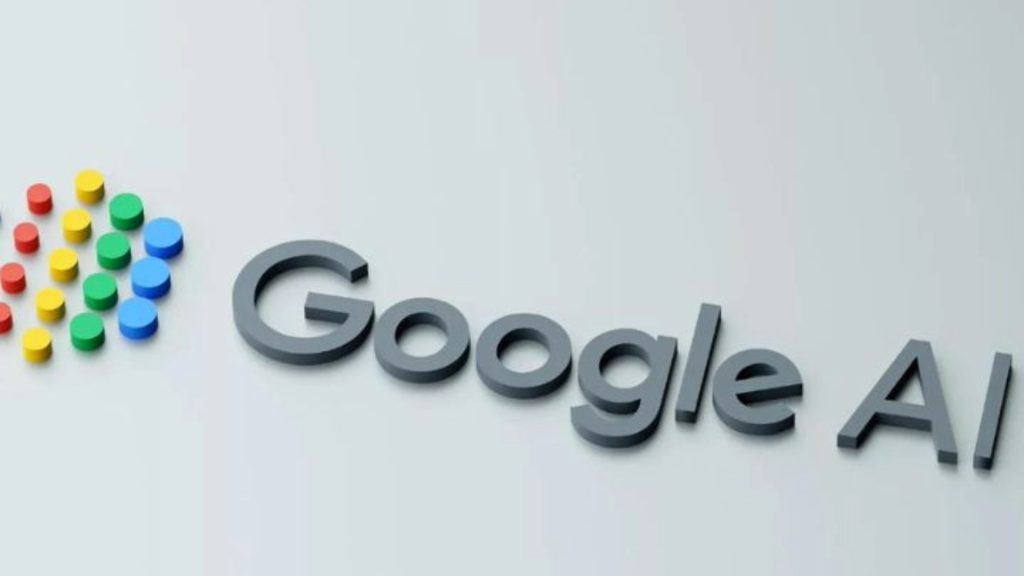
In 2019, Google made headlines when it dissolved its recently established AI ethics board merely a week after its creation. The decision came amidst widespread controversy regarding the selection of board members and their differing stances on critical issues. This move underscored the intricate challenges faced by tech giants in navigating the ethical landscape of AI research and applications.
Victoria’s Secret: Redefining Beauty Standards
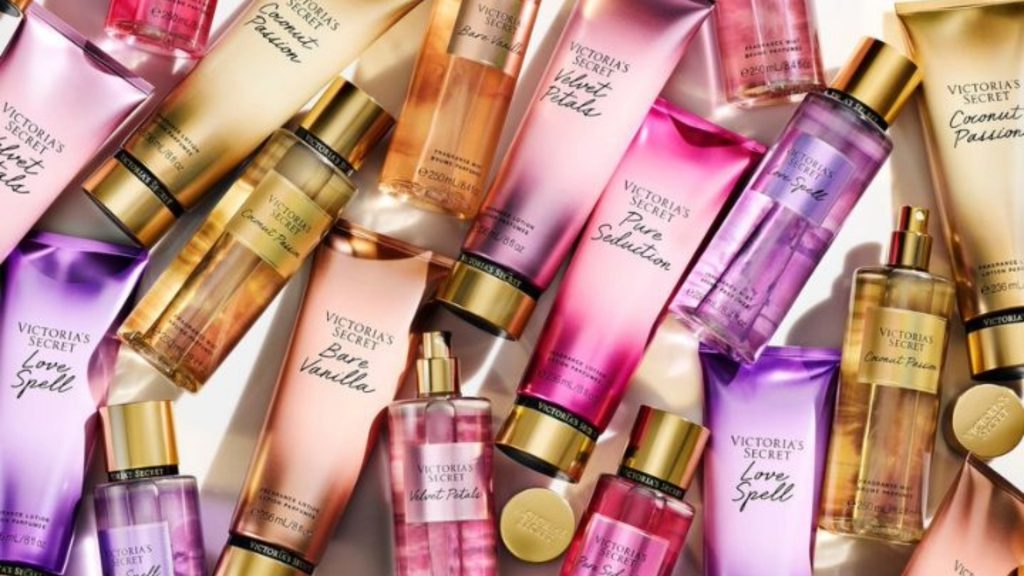
Victoria’s Secret underwent a major brand overhaul in 2019. Facing criticism for its narrow definition of beauty, the lingerie company embraced inclusivity. They began featuring more diverse models and body types in their marketing campaigns and revamped their fashion show format.
Trader Joe’s: Packaging Under Review
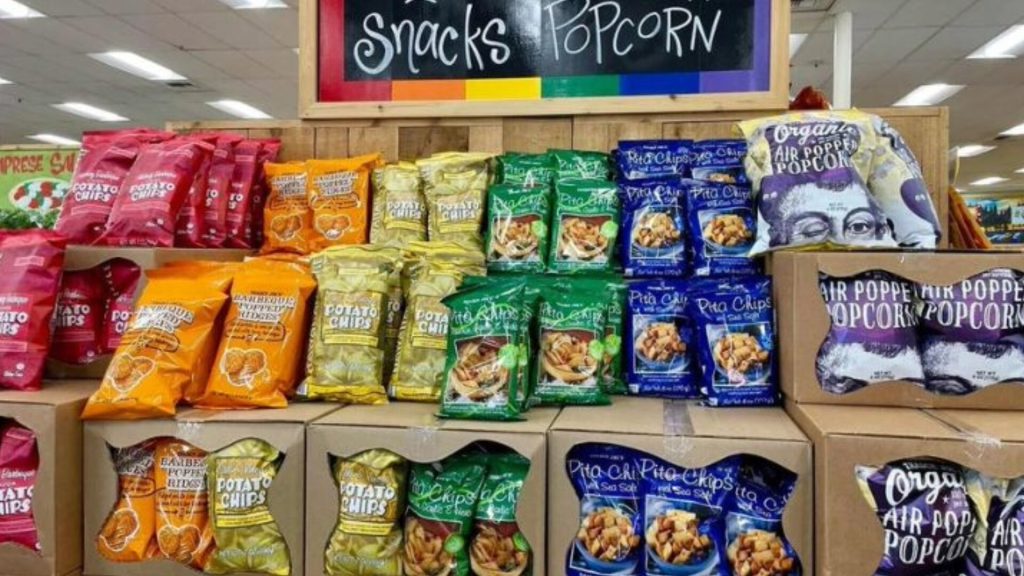
Grocery chain Trader Joe’s found itself in hot water in 2020. Customers demanded changes to product packaging that contained names considered stereotypical. Initially resistant, Trader Joe’s ultimately agreed to review and update their branding. This exemplifies the growing importance of brand responsiveness to issues of inclusivity and respectful representation in the marketplace.
Balancing Act of Burt’s Bees
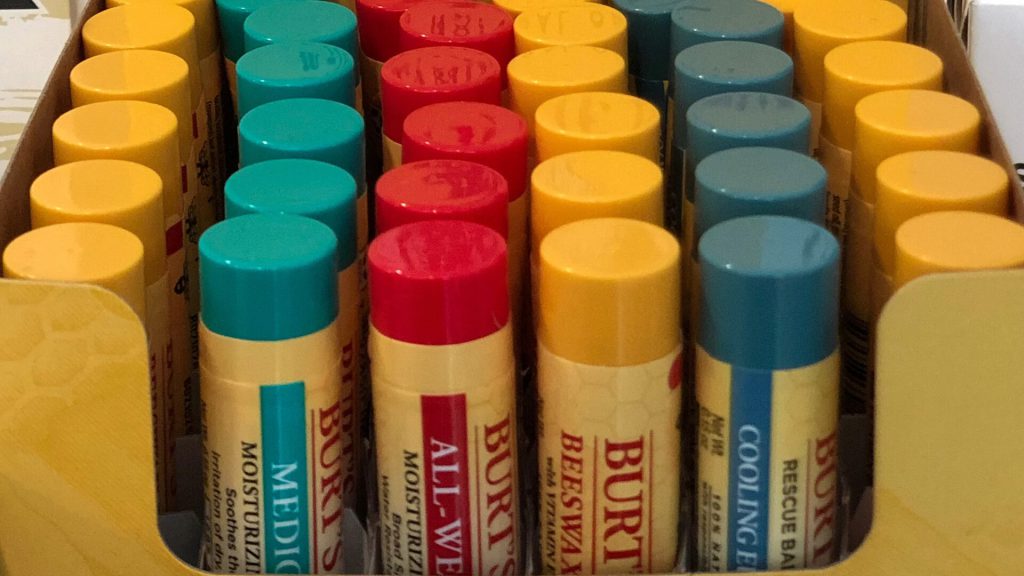
Burt’s Bees faced backlash for an ad some perceived as reinforcing negative stereotypes about Black families. The company apologized and shifted its approach, focusing on promoting diversity with sensitivity and avoiding clichés.
Dick’s Sporting Goods’ Mismarketing
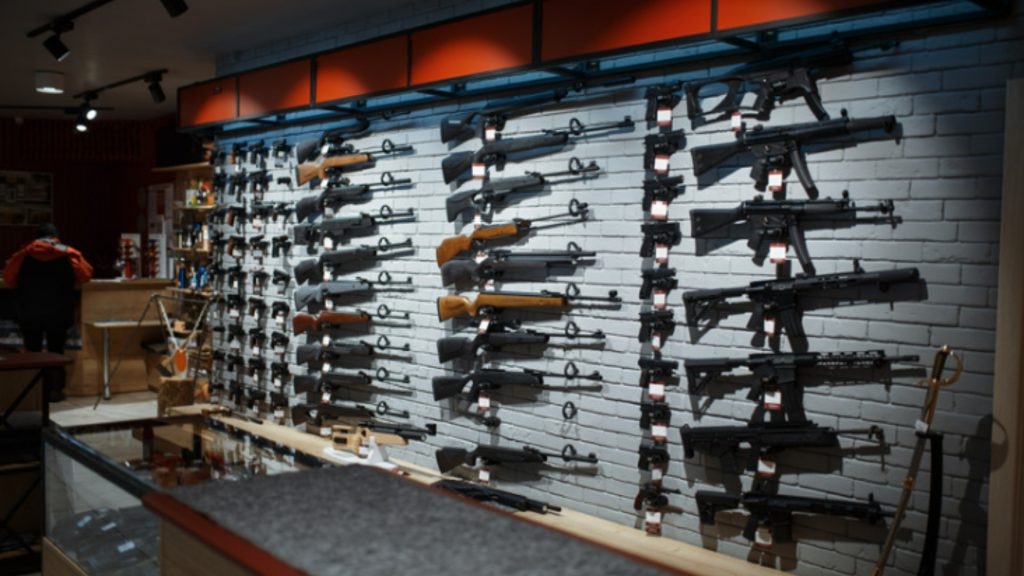
Dick’s Sporting Goods’ decision to stop selling assault-style rifles after the Parkland shooting sparked a firestorm of reactions. While praised by many for their stance on gun control, the move also led to boycotts, highlighting the potential for division when brands align with social causes.
Pride Collection Raises Eyebrows
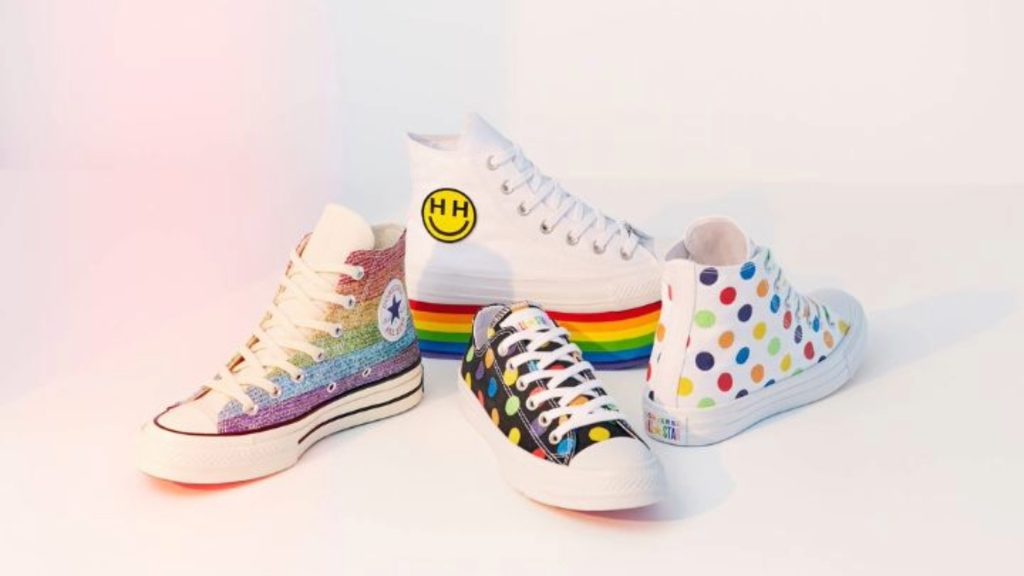
Converse’s 2019 Pride sneaker collection, intended to celebrate LGBTQ+ inclusion, was met with mixed reactions. Some questioned whether the designs were a genuine celebration or a profit-driven move with minimal support for the community.
Reebok Cuts Ties with CrossFit Over Racism
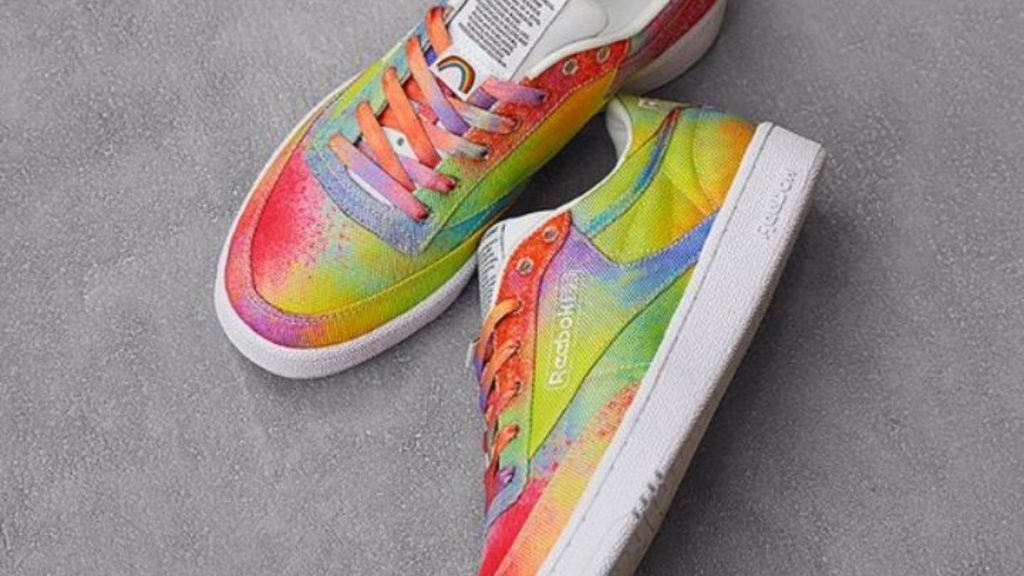
Reebok distanced itself from CrossFit in 2020 after its CEO’s controversial comments about racial justice protests. This decision, applauded by many, showcased how a company’s response to social issues can significantly impact brand loyalty.
Climate Change Concerns and Churned Opinions
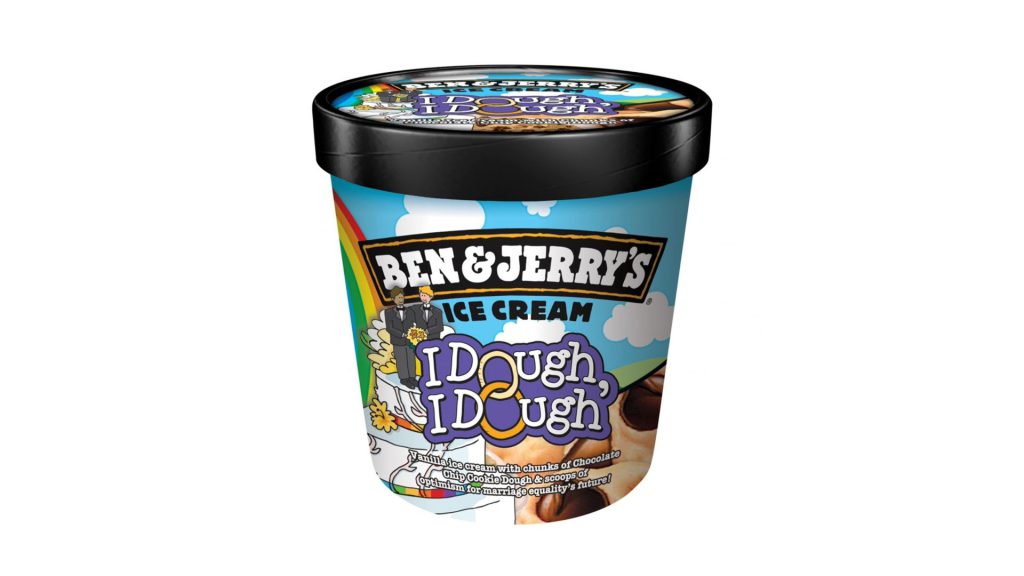
Ben and Jerry’s, known for social activism, launched a campaign highlighting the impact of climate change on dairy farming. While praised by environmentalists, the campaign also received criticism from some consumers who felt the company was overstepping its boundaries.
Levi’s Price of Taking Sides
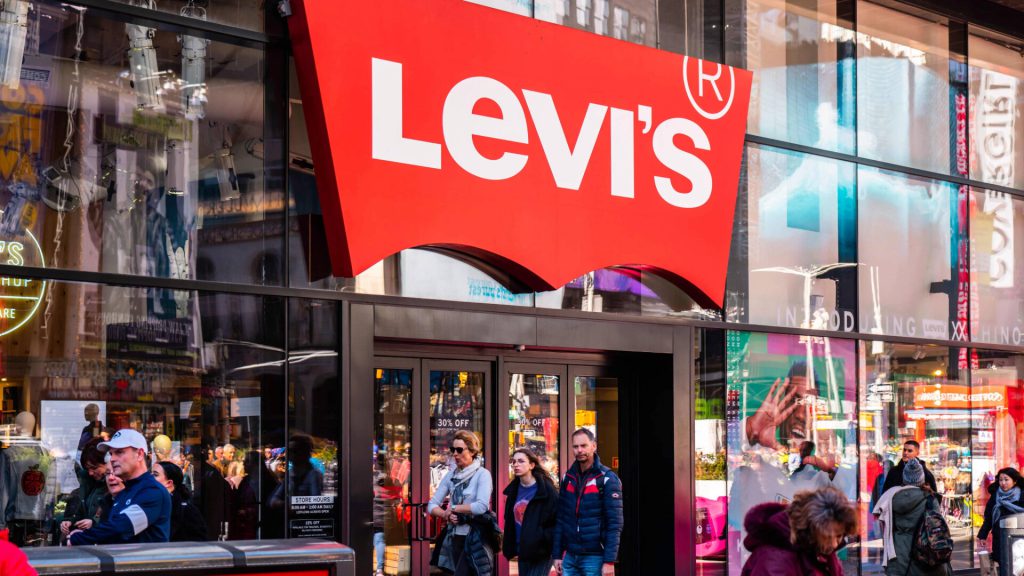
Levi’s decided to speak its mind on gun control, pushing for stricter laws. While some customers applauded this, others felt alienated. This raises the question: Should clothing companies wade into political debates? Some consumers argue it pushes them away from the brand altogether.
The NFL’s Touchdown into Controversy
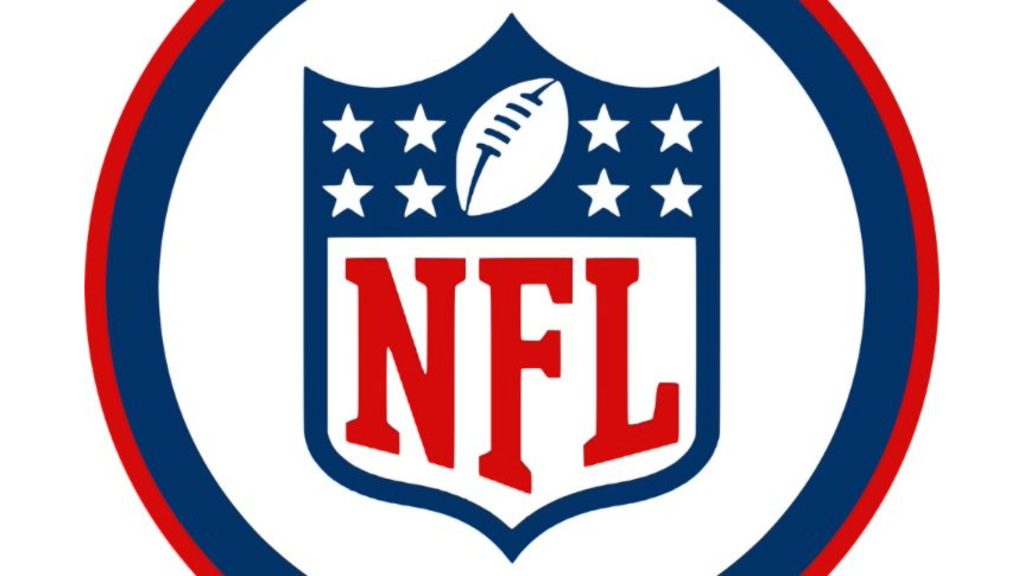
The NFL faced controversy when players like Colin Kaepernick knelt during the anthem to protest police brutality. Misinterpreted by some as disrespecting the flag and military, it sparked boycotts and declining viewership. This case highlights the tightrope walk brands navigate when social issues collide with patriotism.
Keurig Brews Up a Political Storm
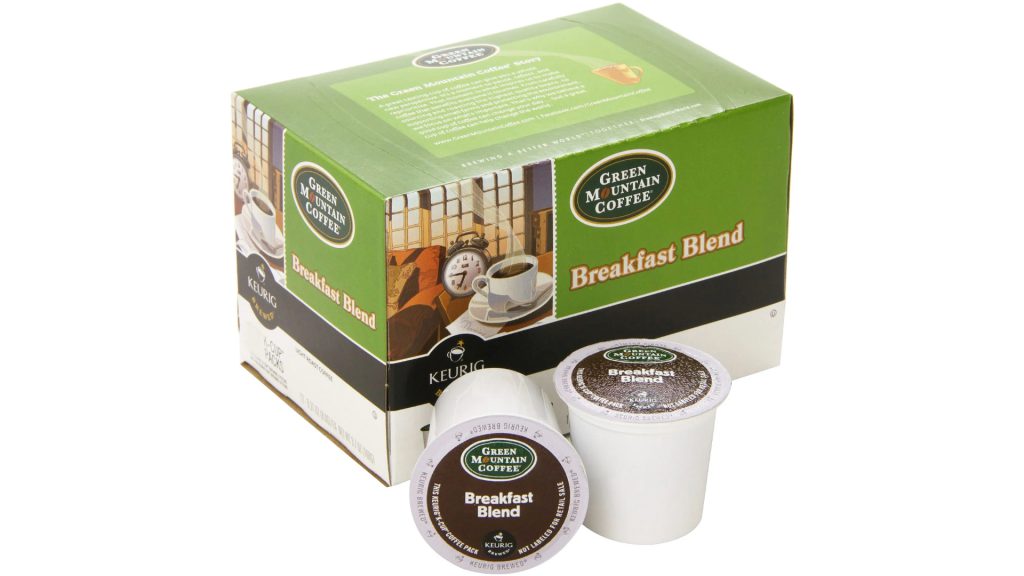
Keurig, the coffee machine giant, pulled ads from a show critical of Black Lives Matter, sparking outrage. Some customers saw it as silencing conservative voices. This episode shows the potential pitfalls of brands aligning themselves too closely with specific social movements.
Grubhub’s CEO Fumbles the Political Football
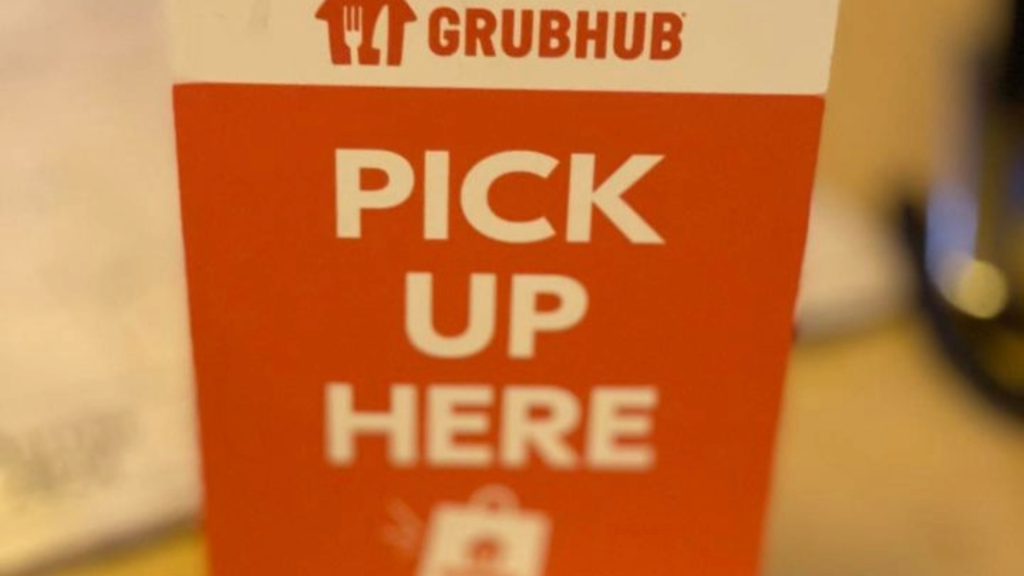
Grubhub’s CEO publicly criticized Trump’s style and called for staff who supported him to leave. This backfired spectacularly, leading to boycotts. In damage control mode, he clarified his stance—against discrimination, not opposing political beliefs. This case is a cautionary event for CEOs on the dangers of impulsive political pronouncements.
When Pride Takes a Tumble for The North Face:
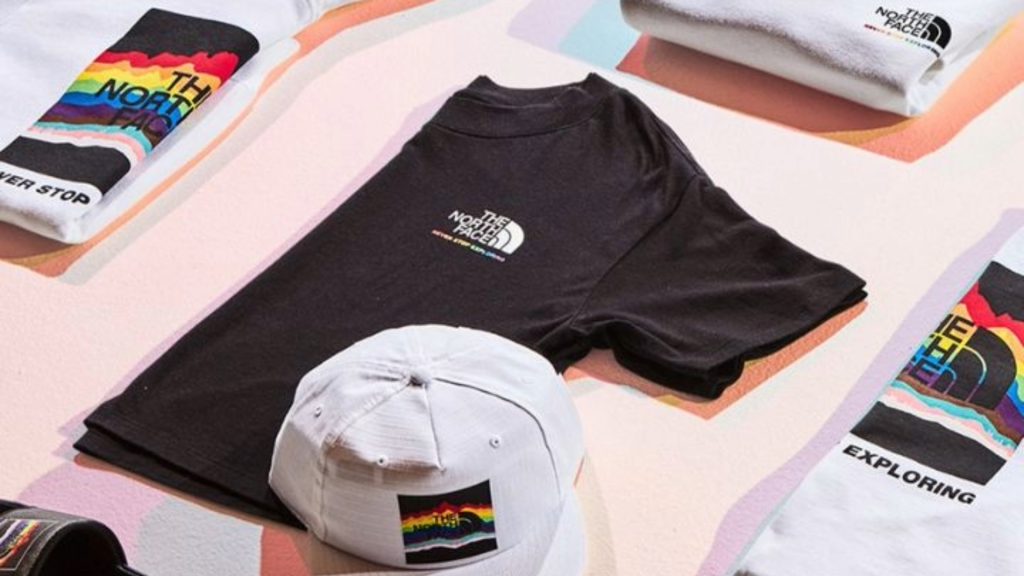
The North Face’s Pride collection, featuring drag queen Pattie Gonia and including children’s wear, sparked controversy. Accusations of “grooming children” led to boycott calls. This example highlights the sensitivity brands must navigate when tackling social issues, particularly those concerning children.

